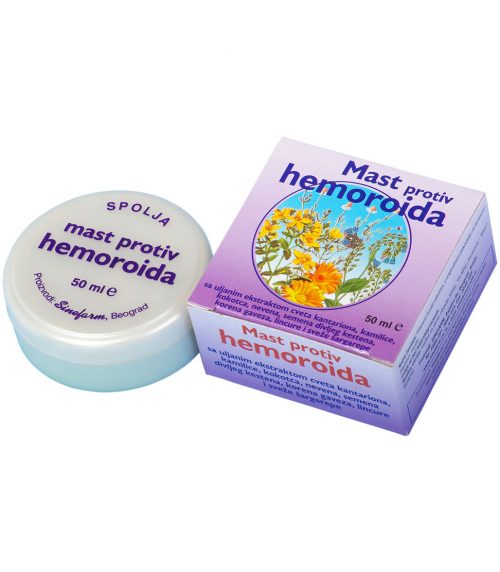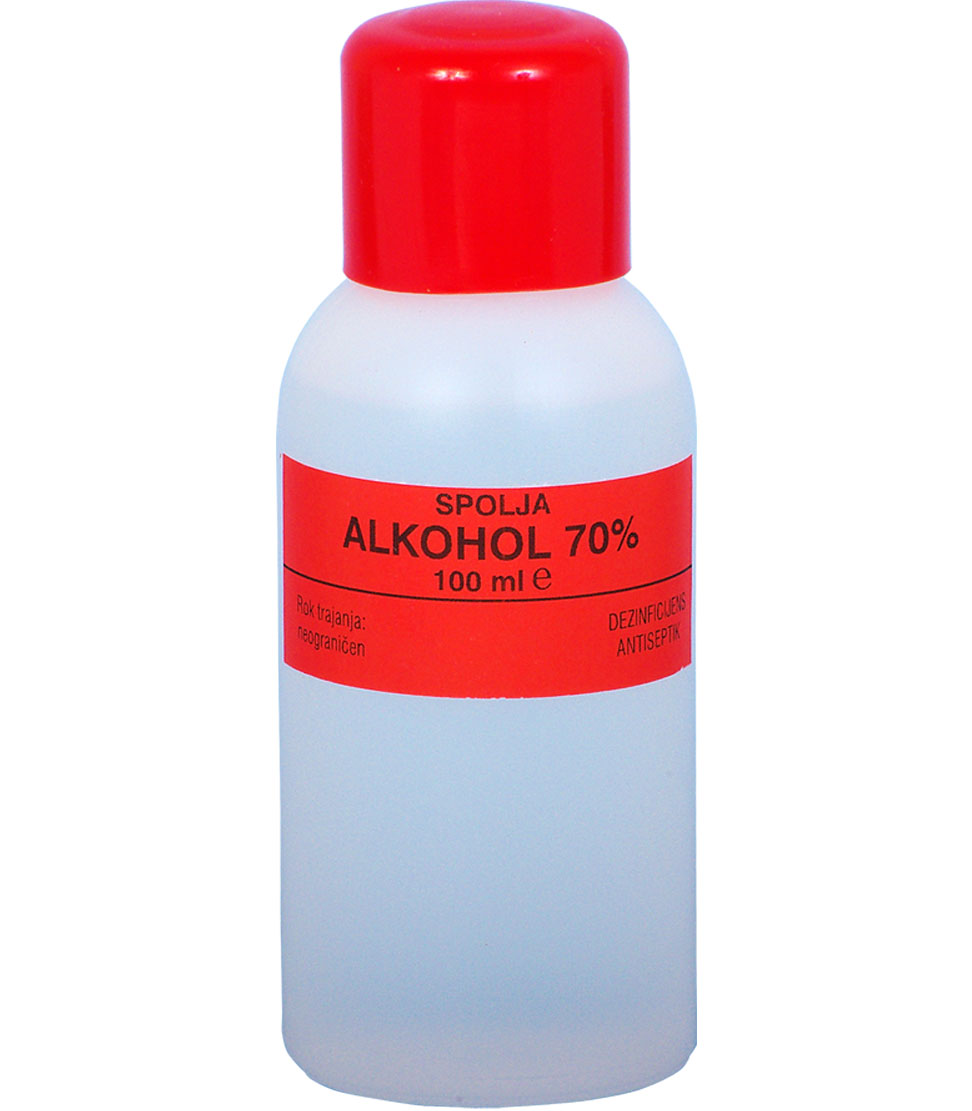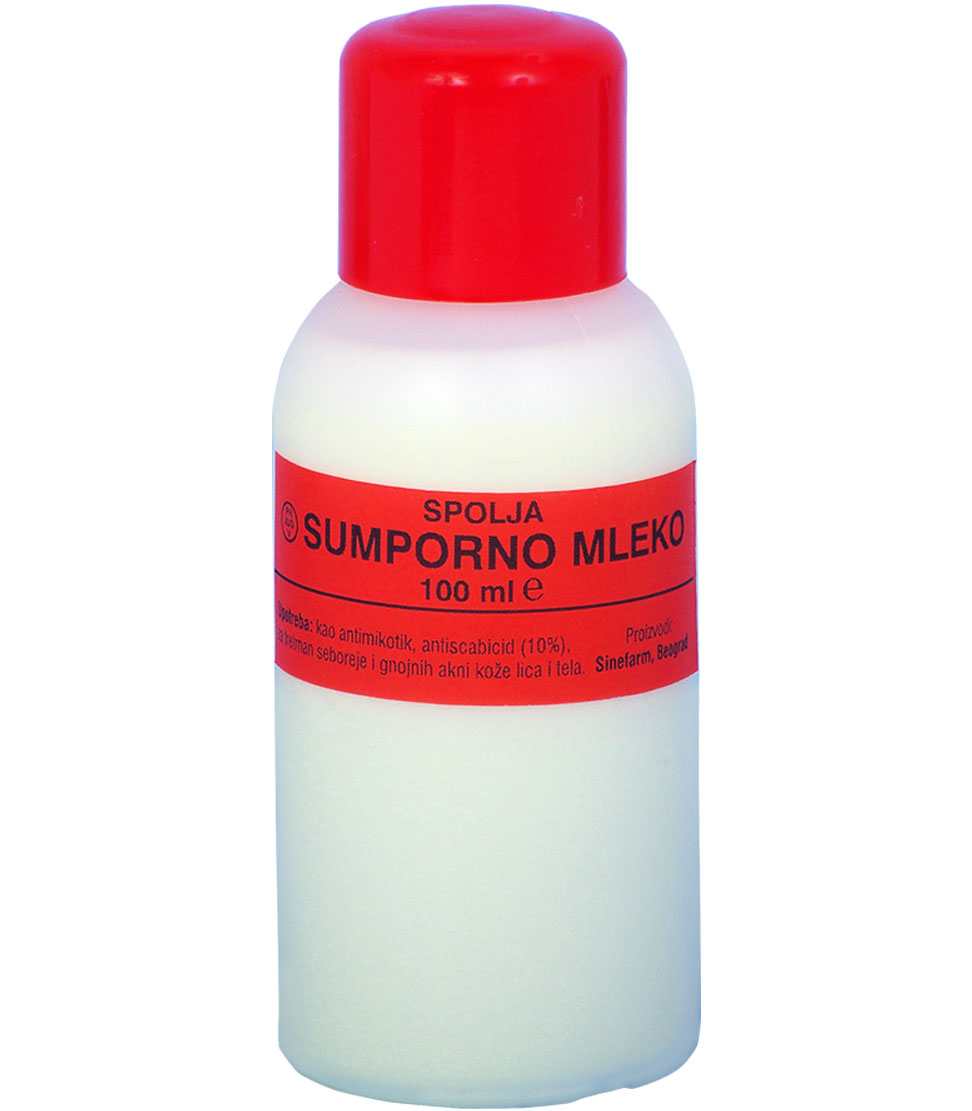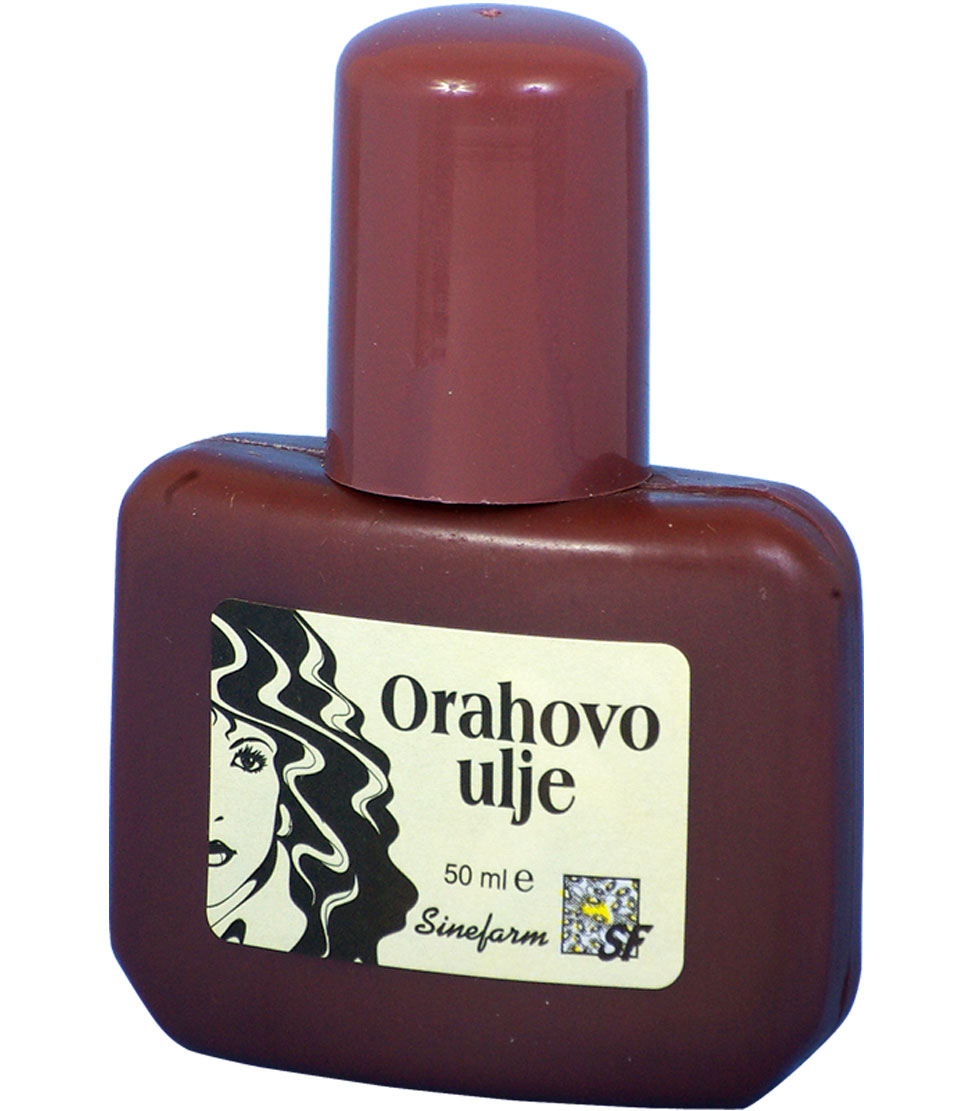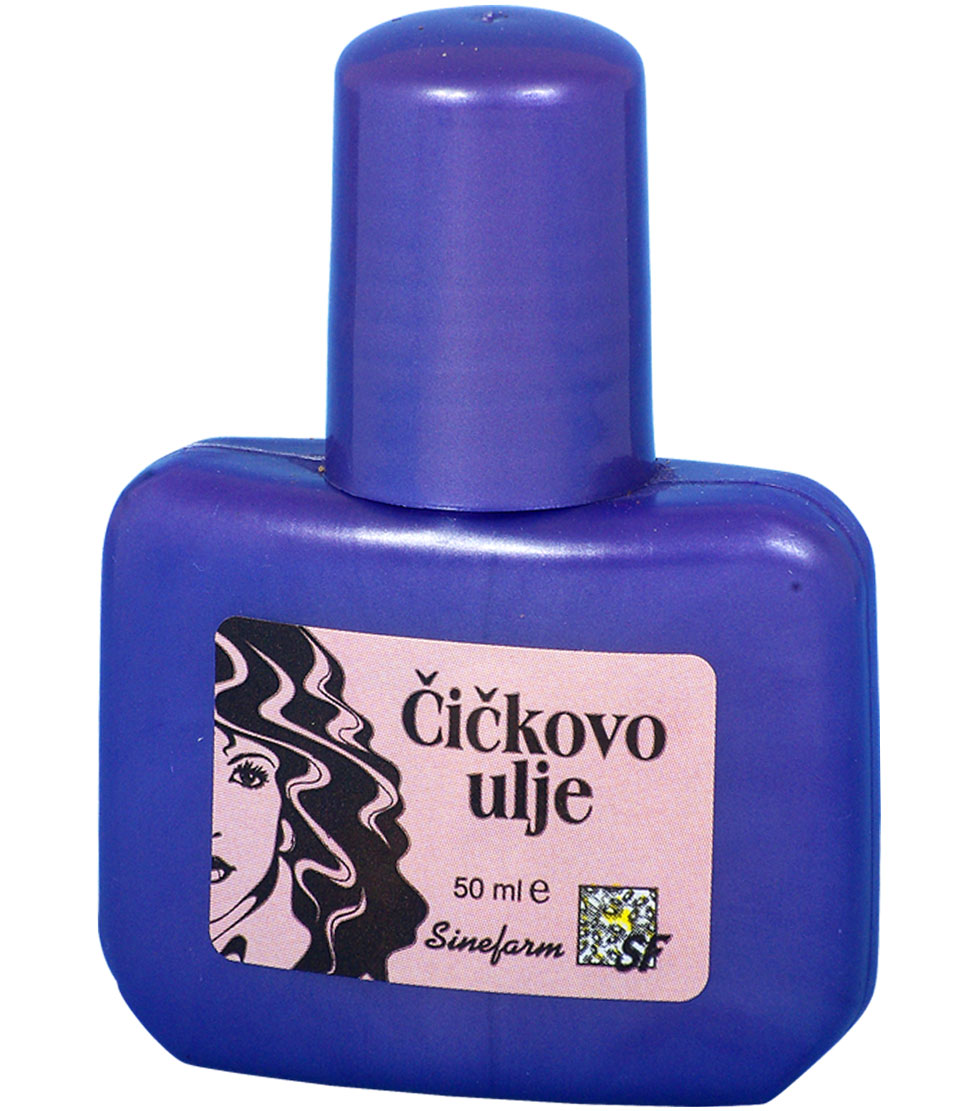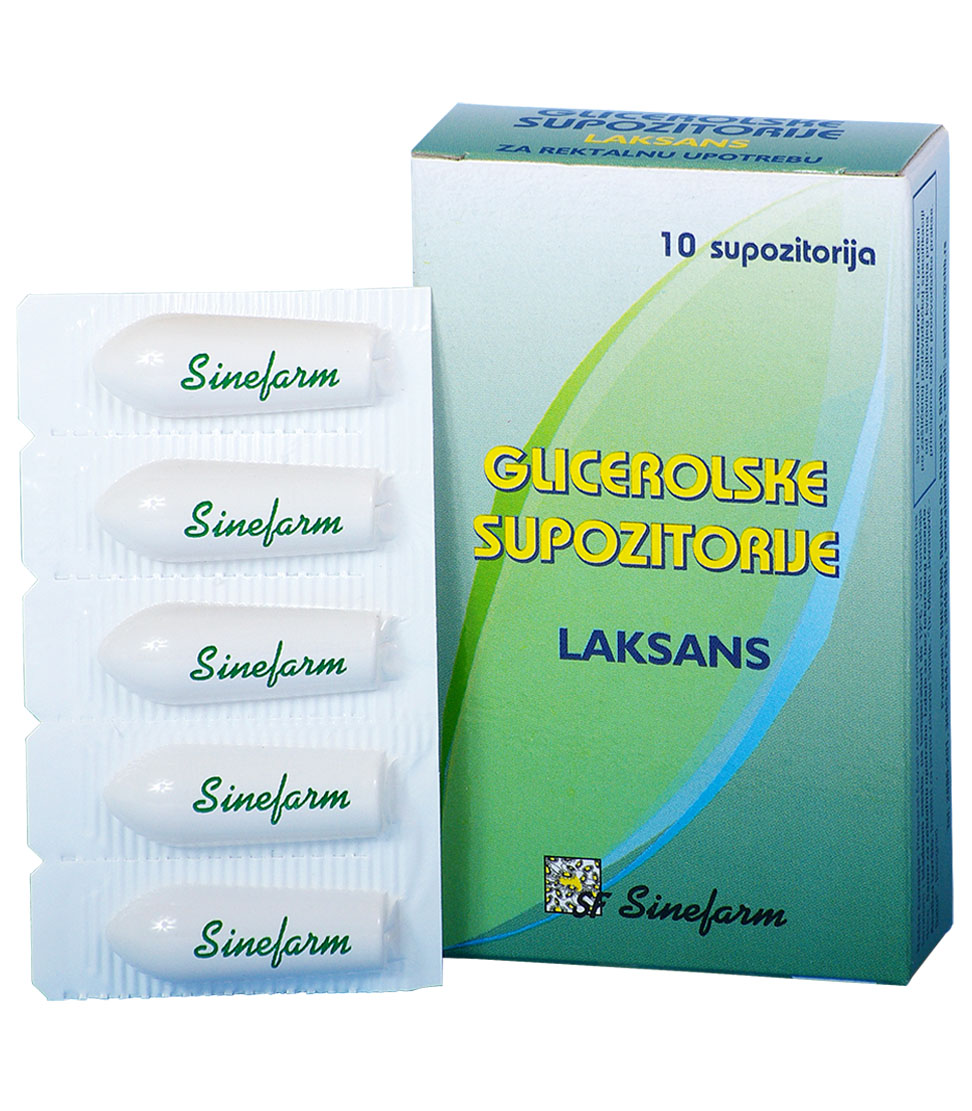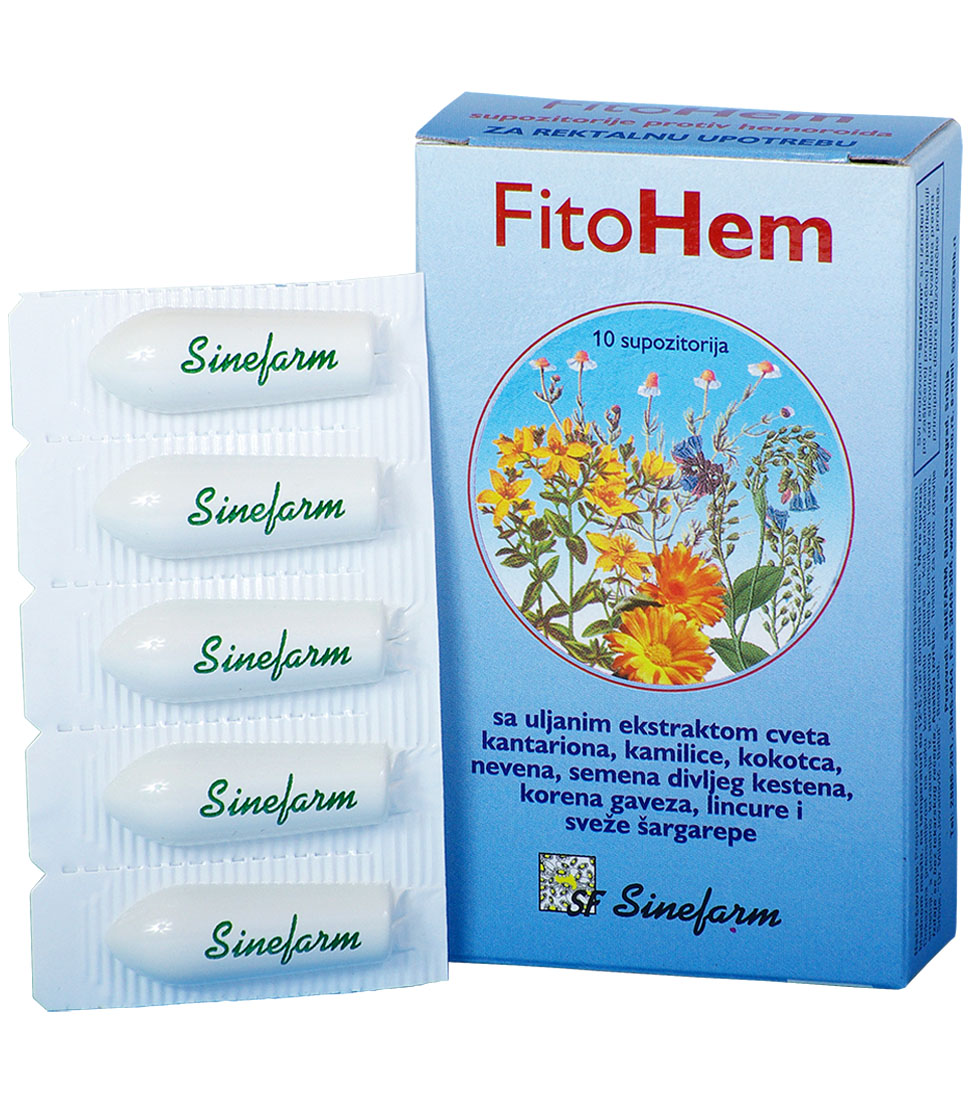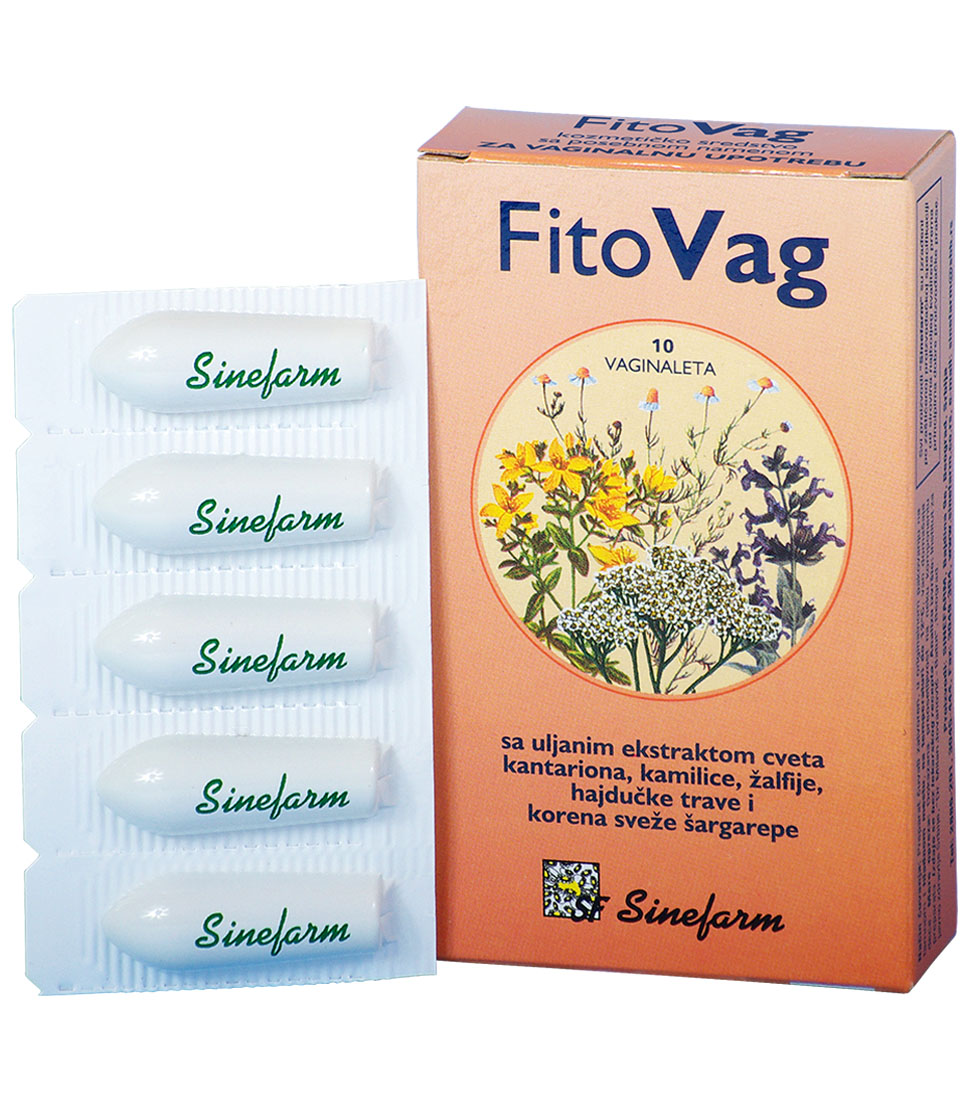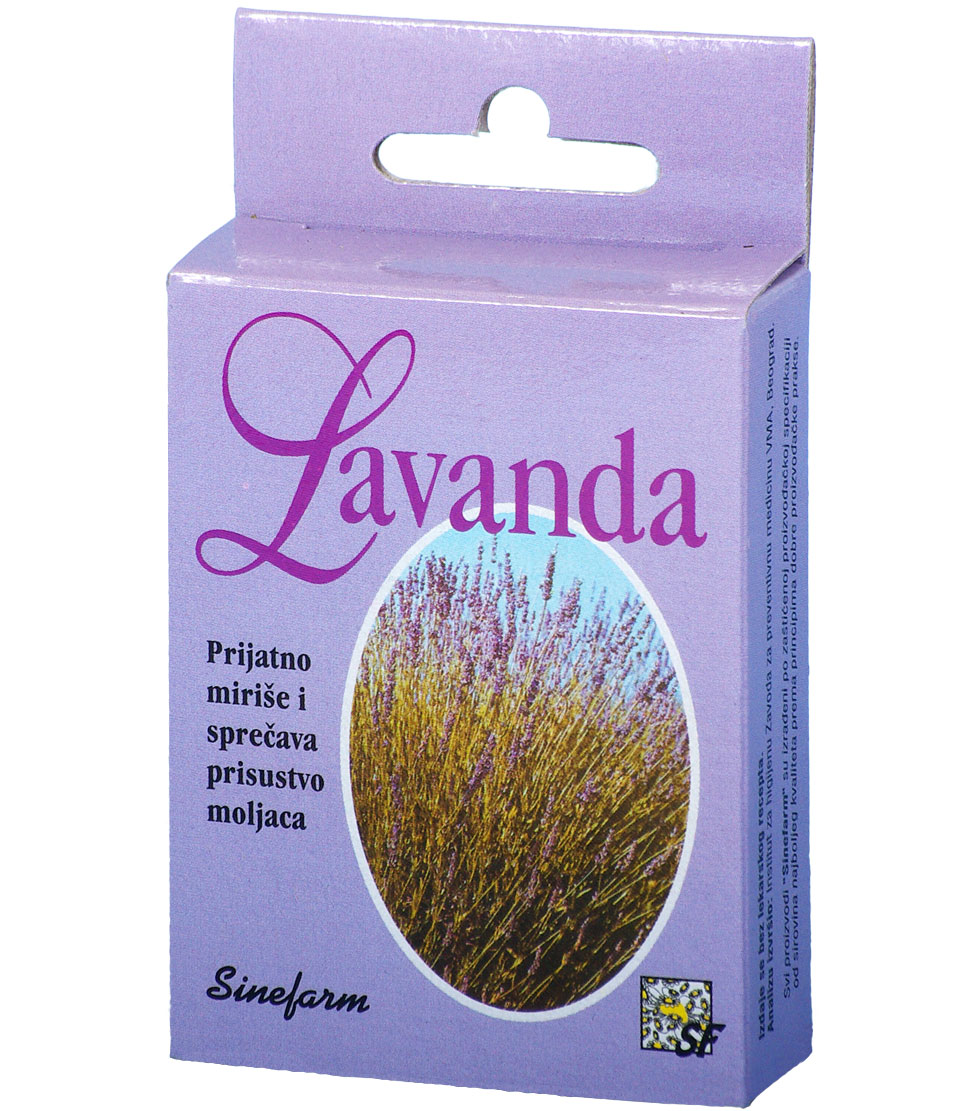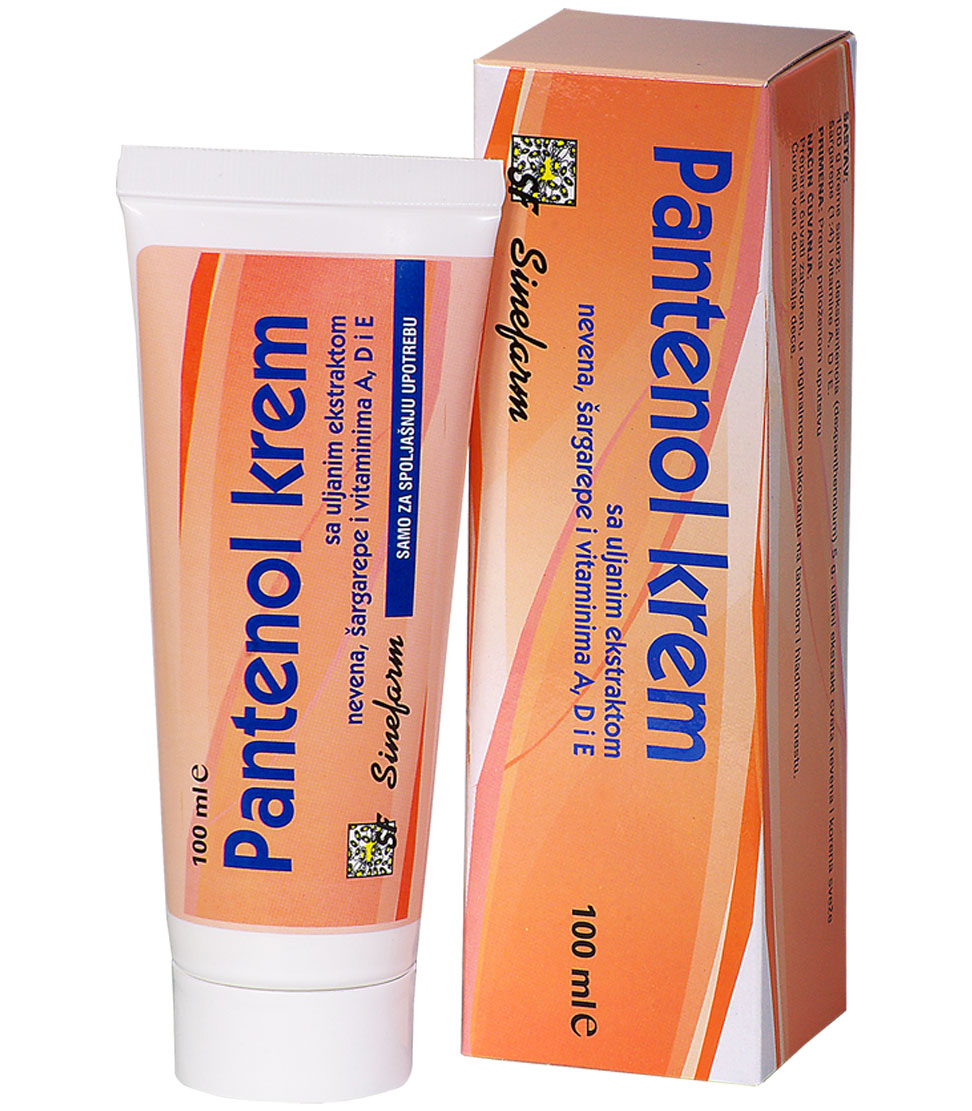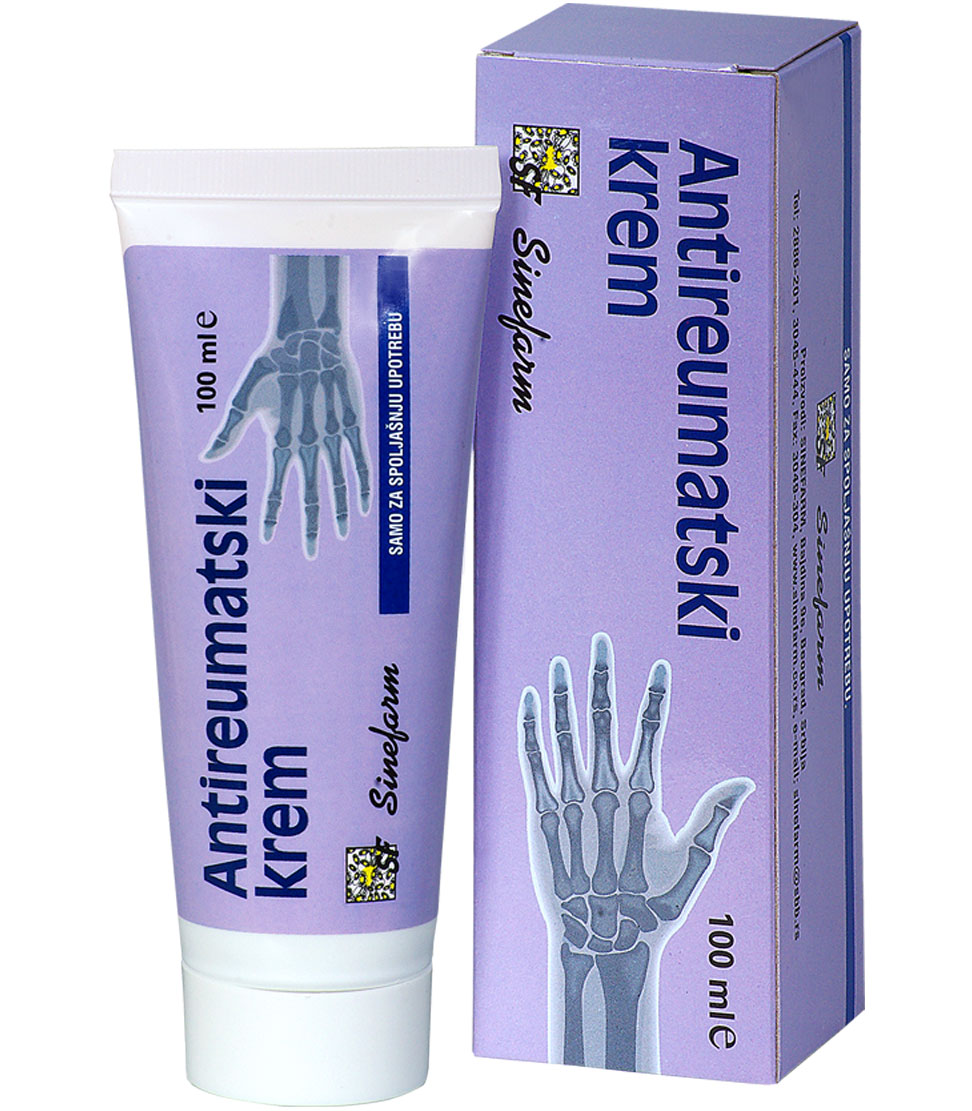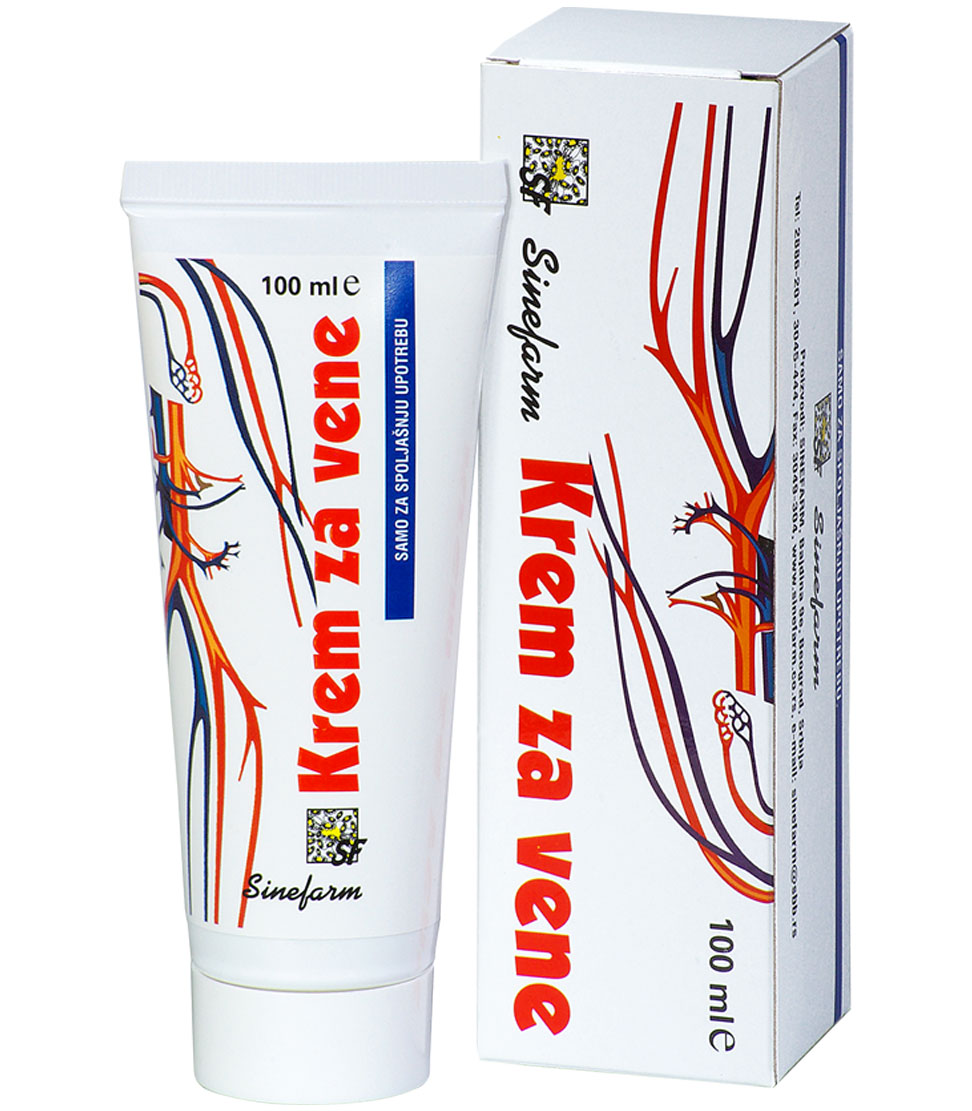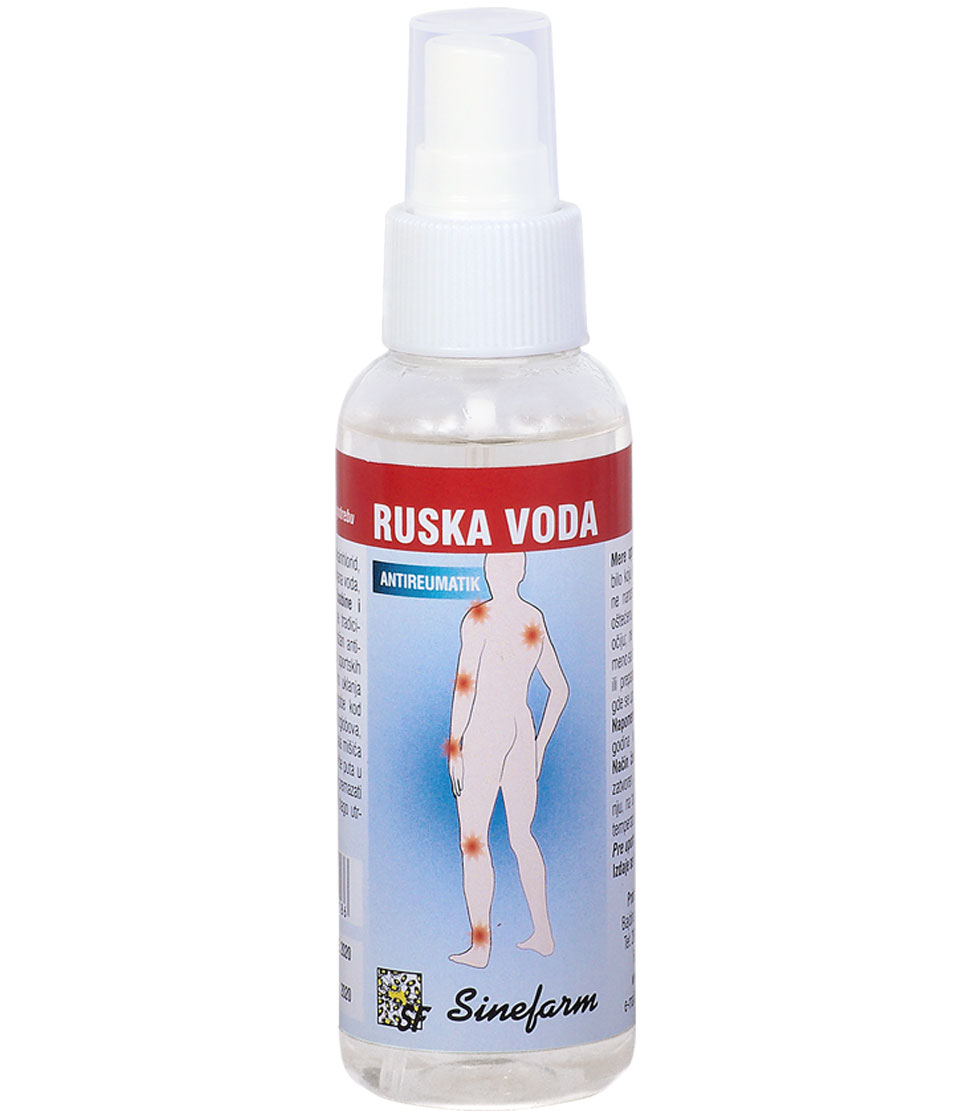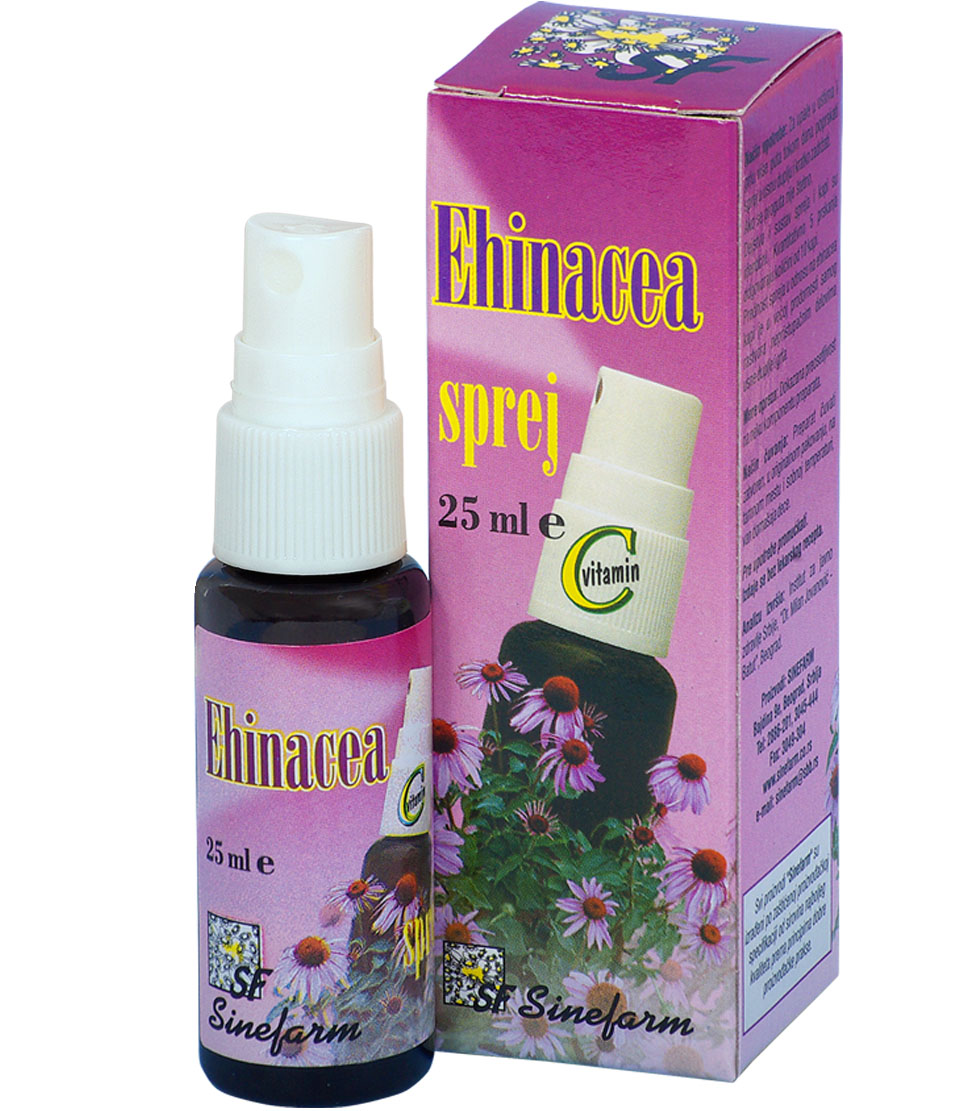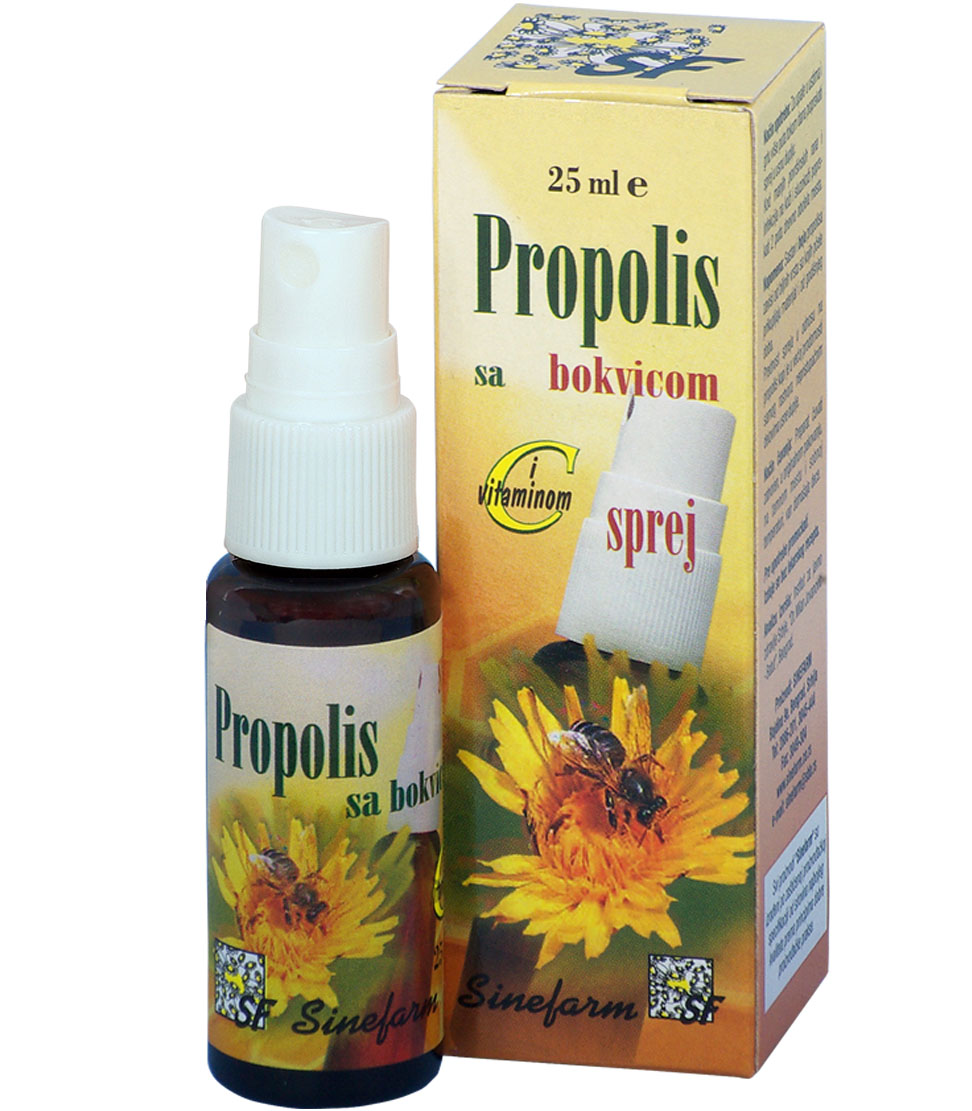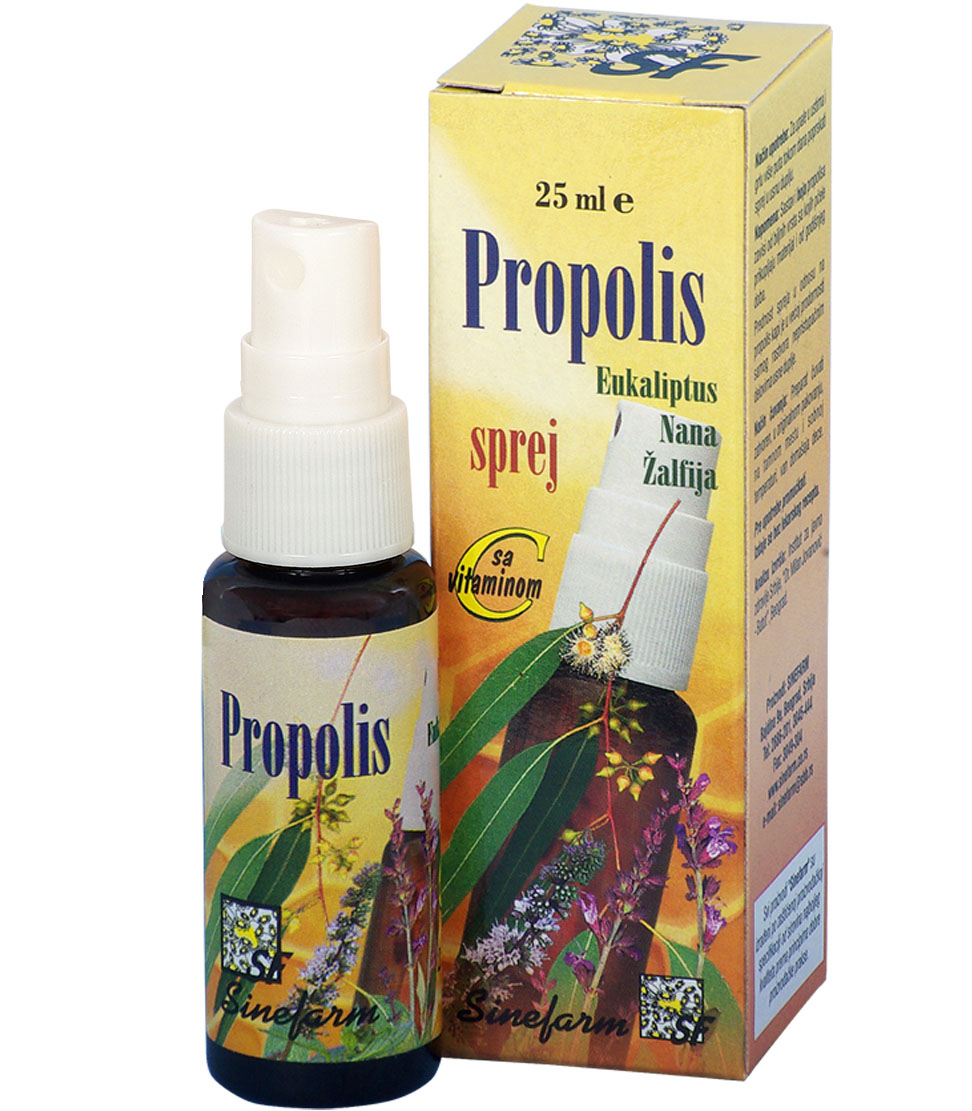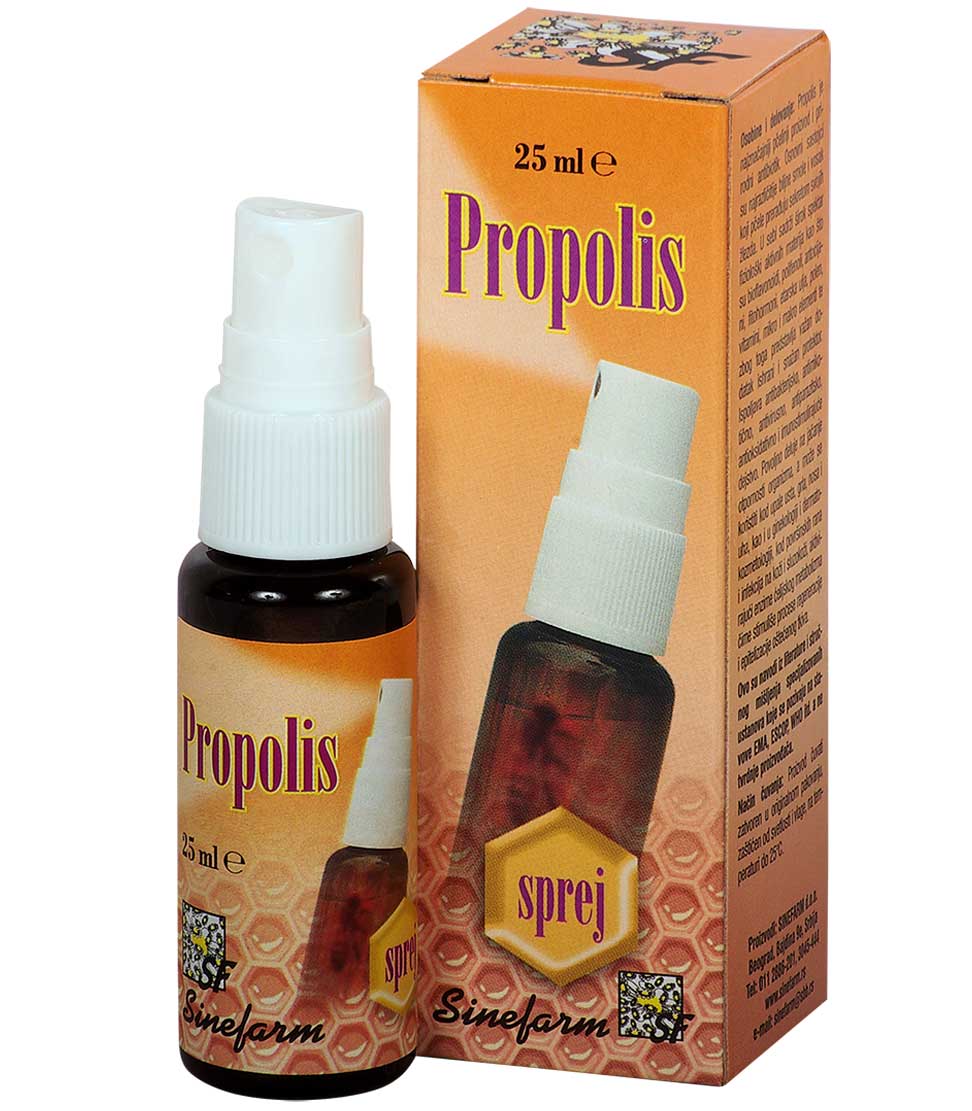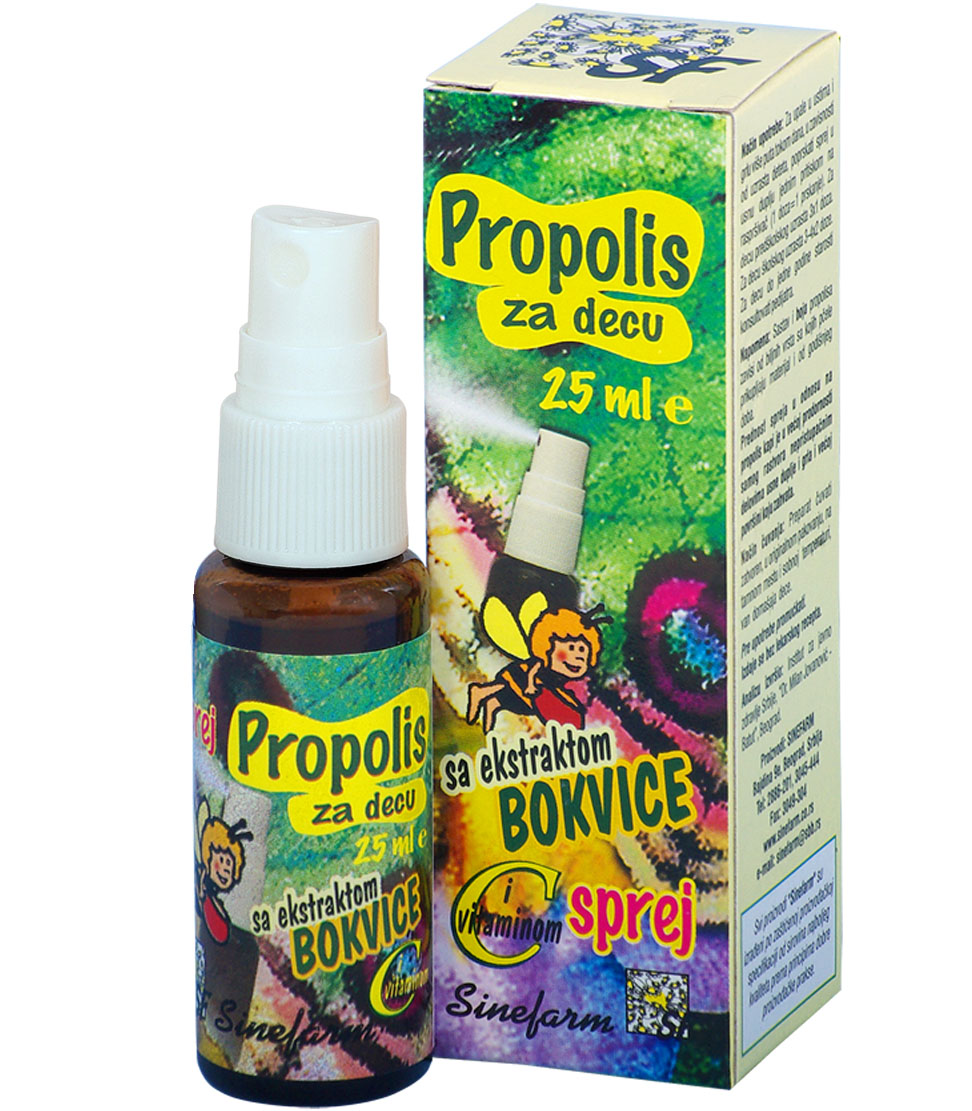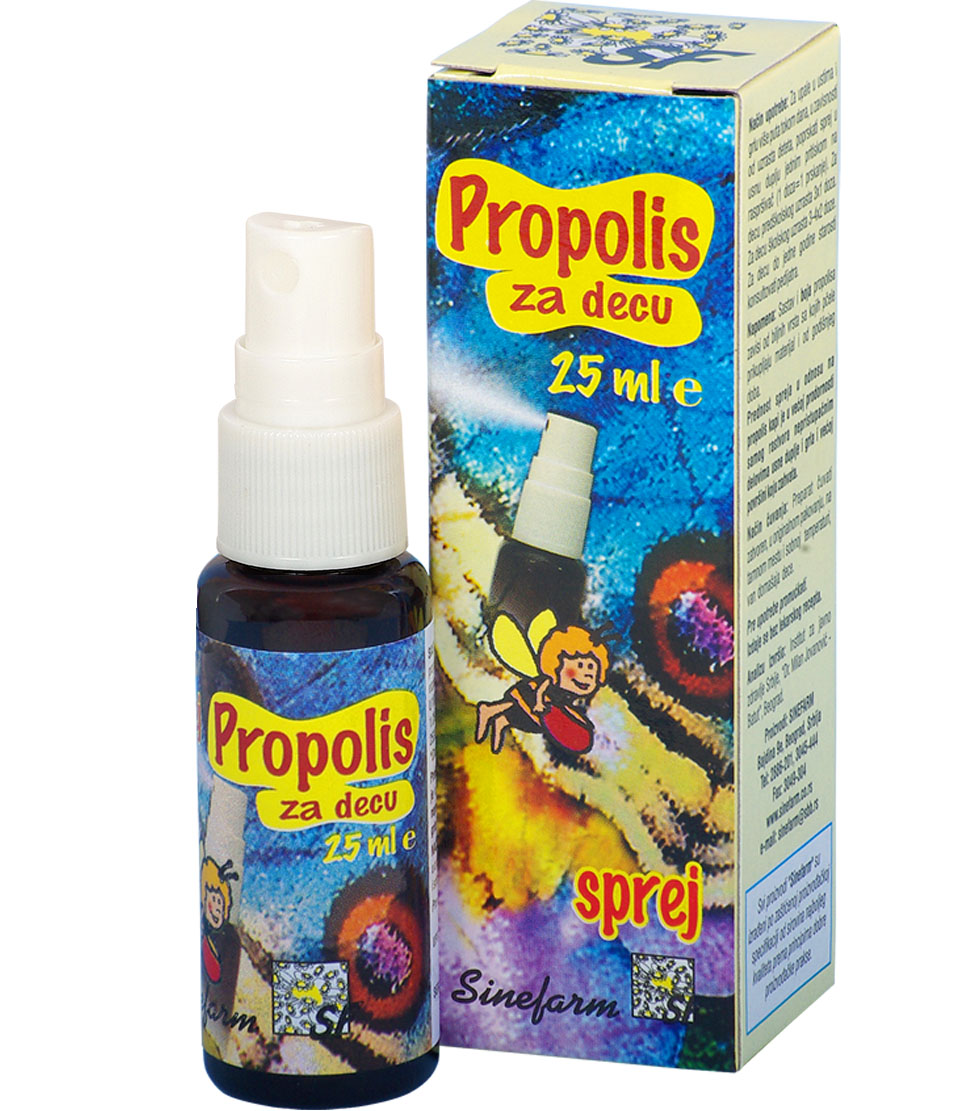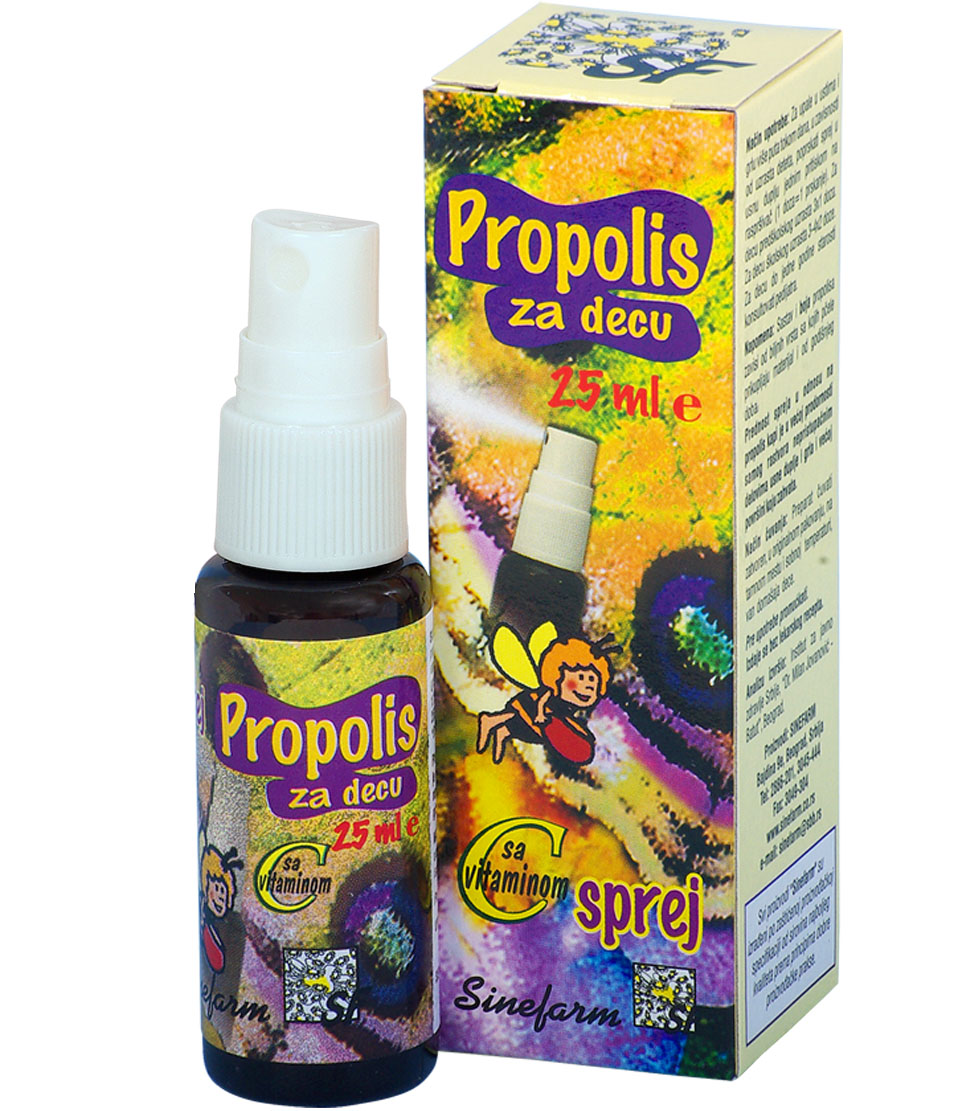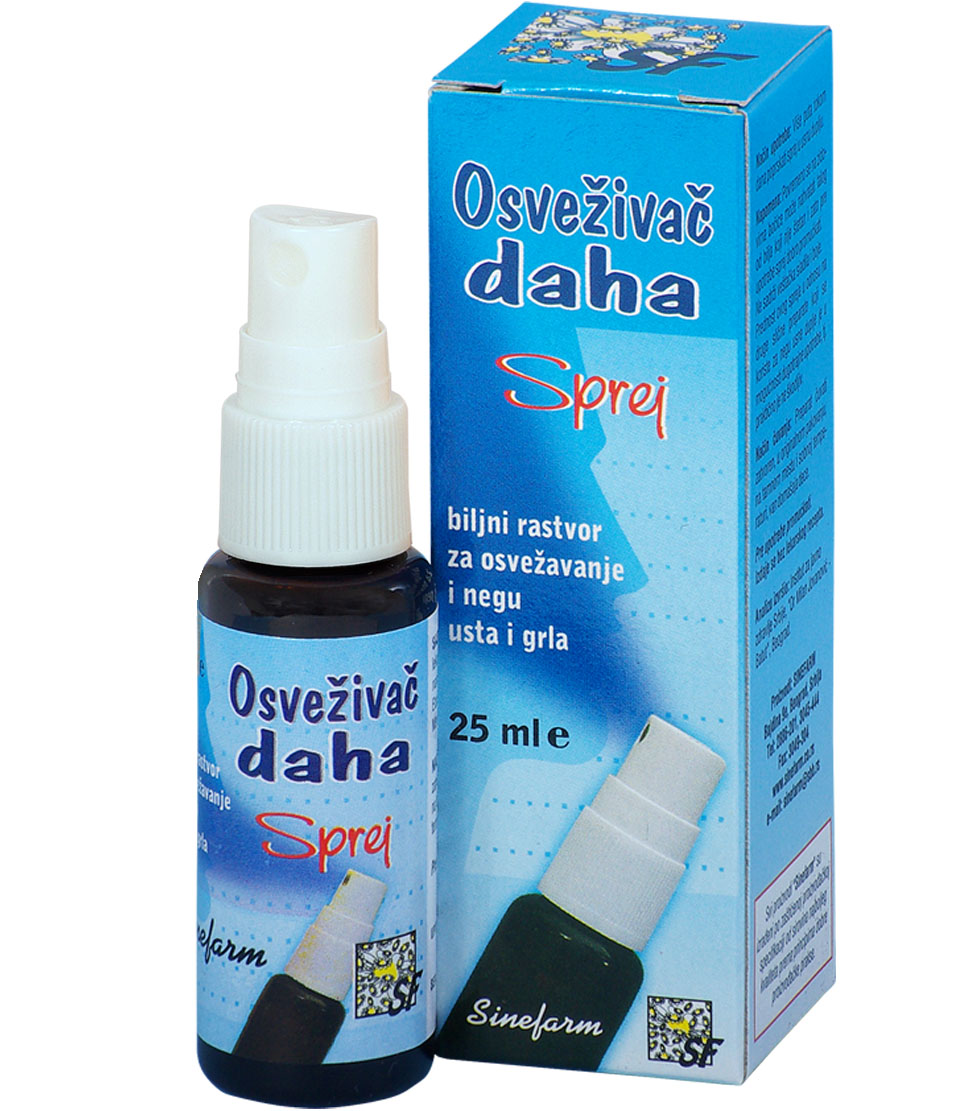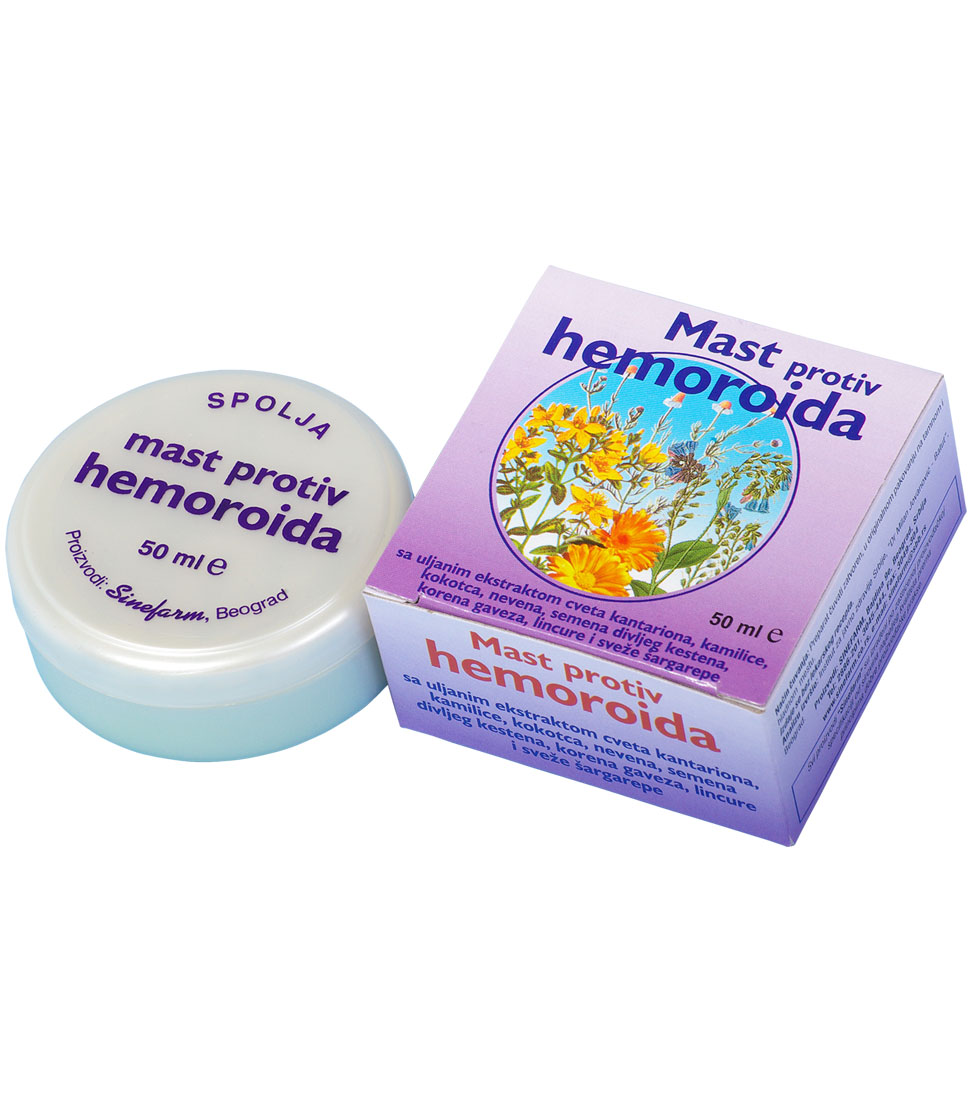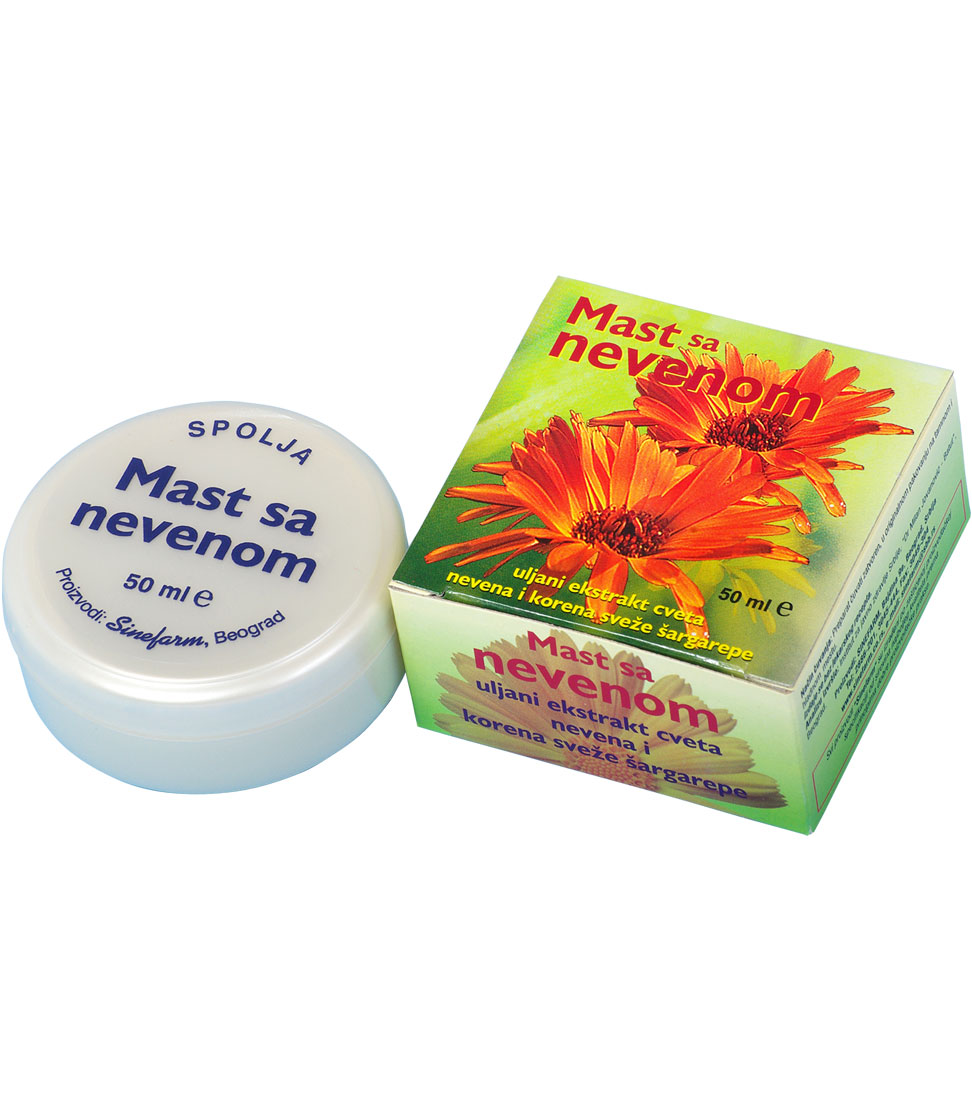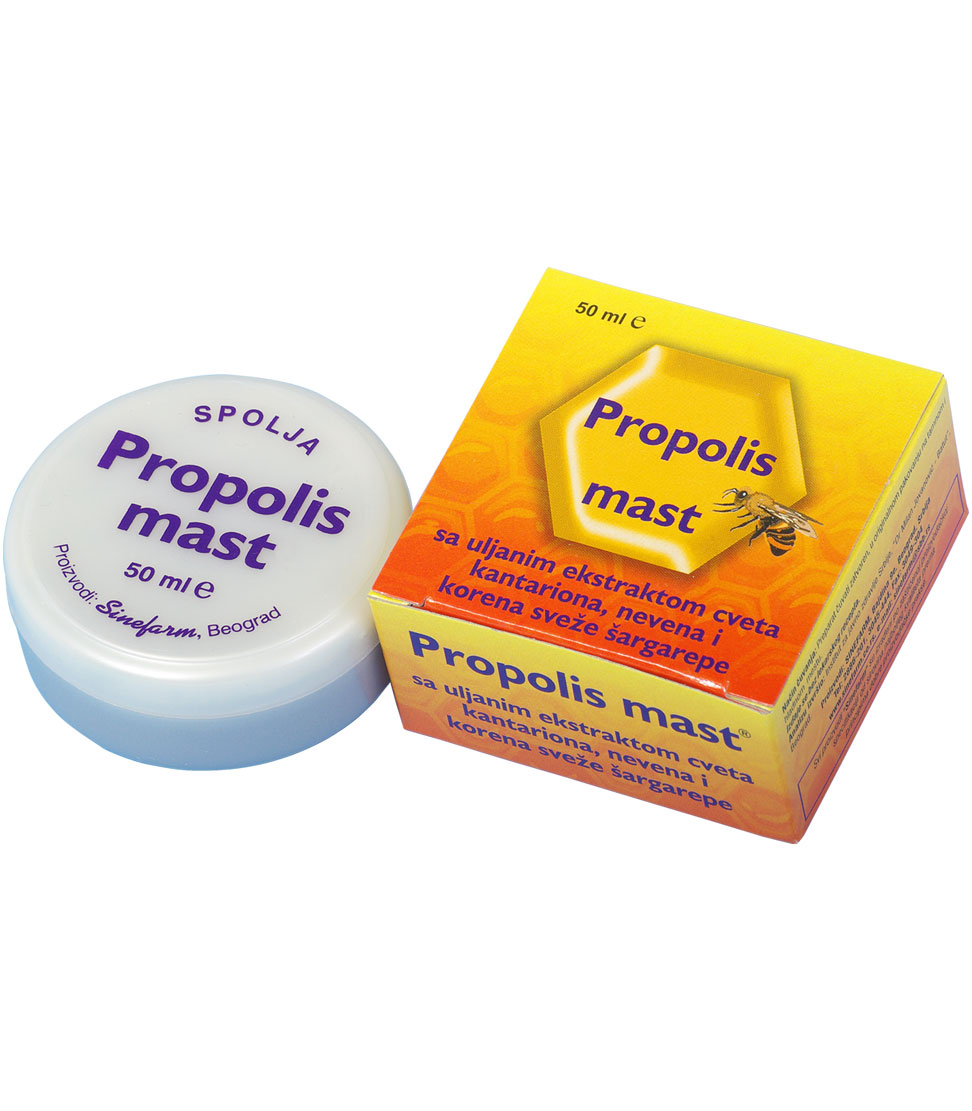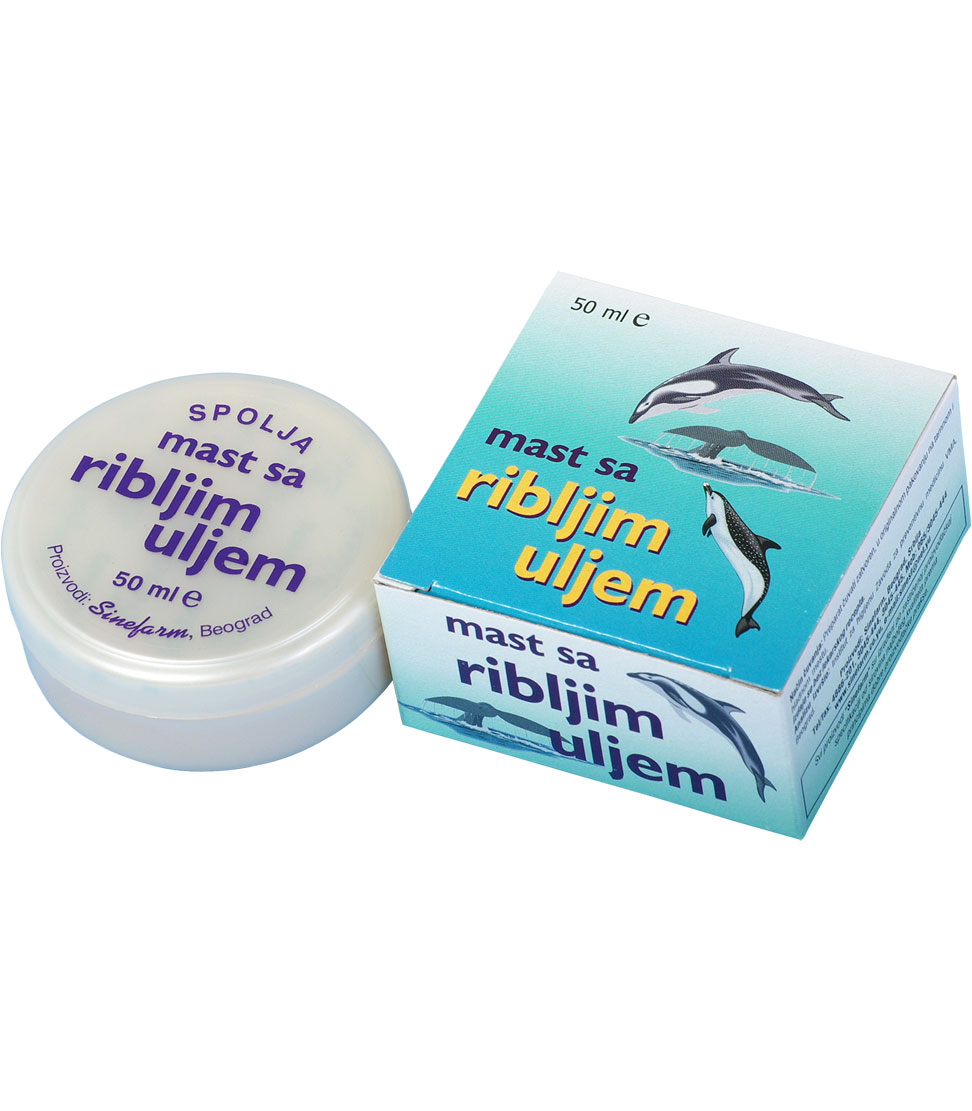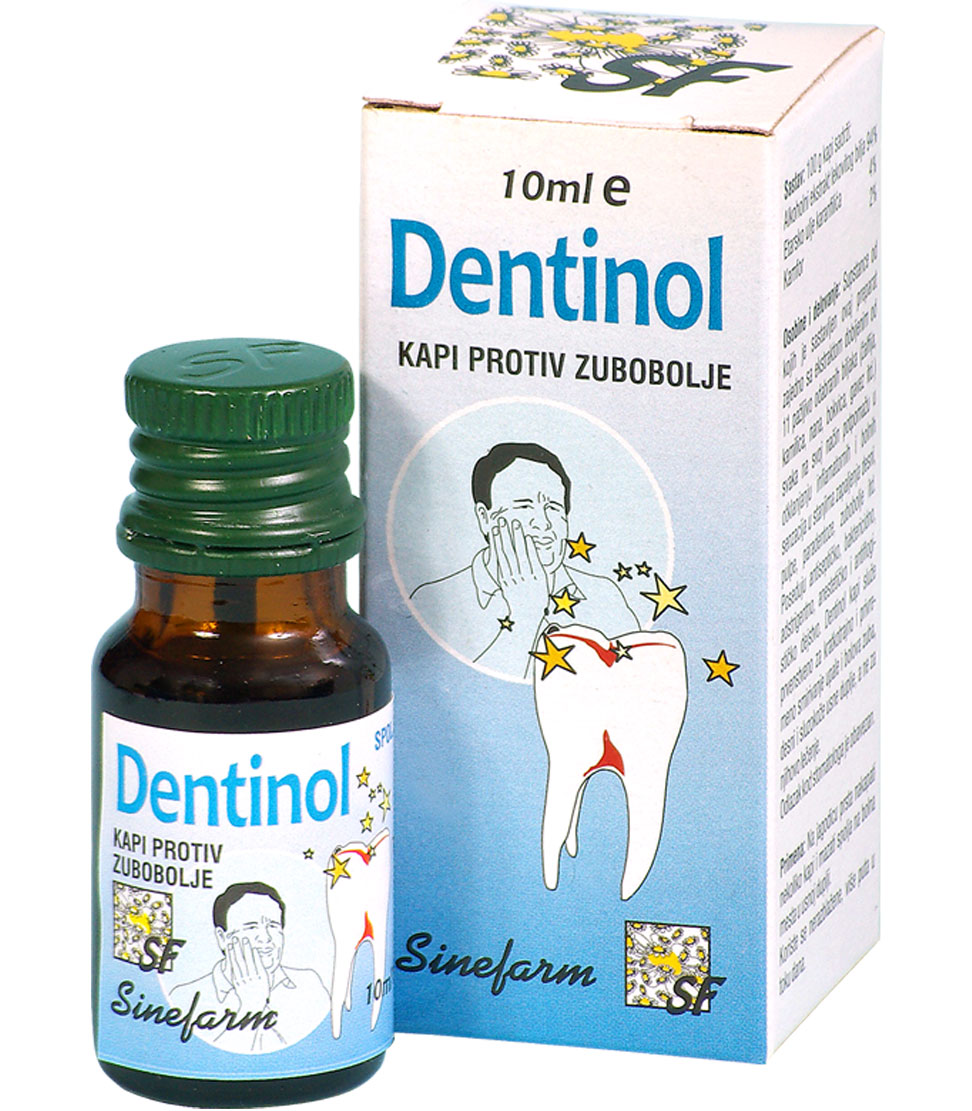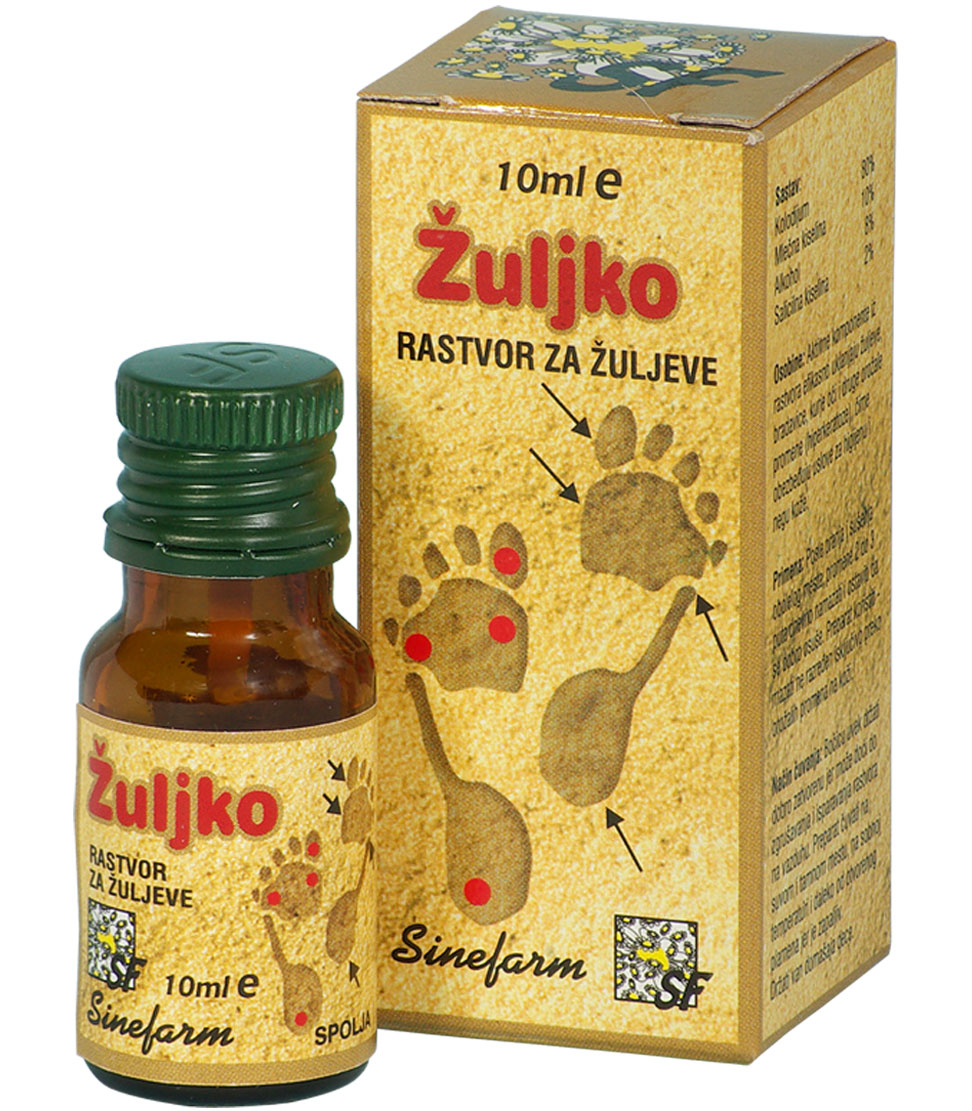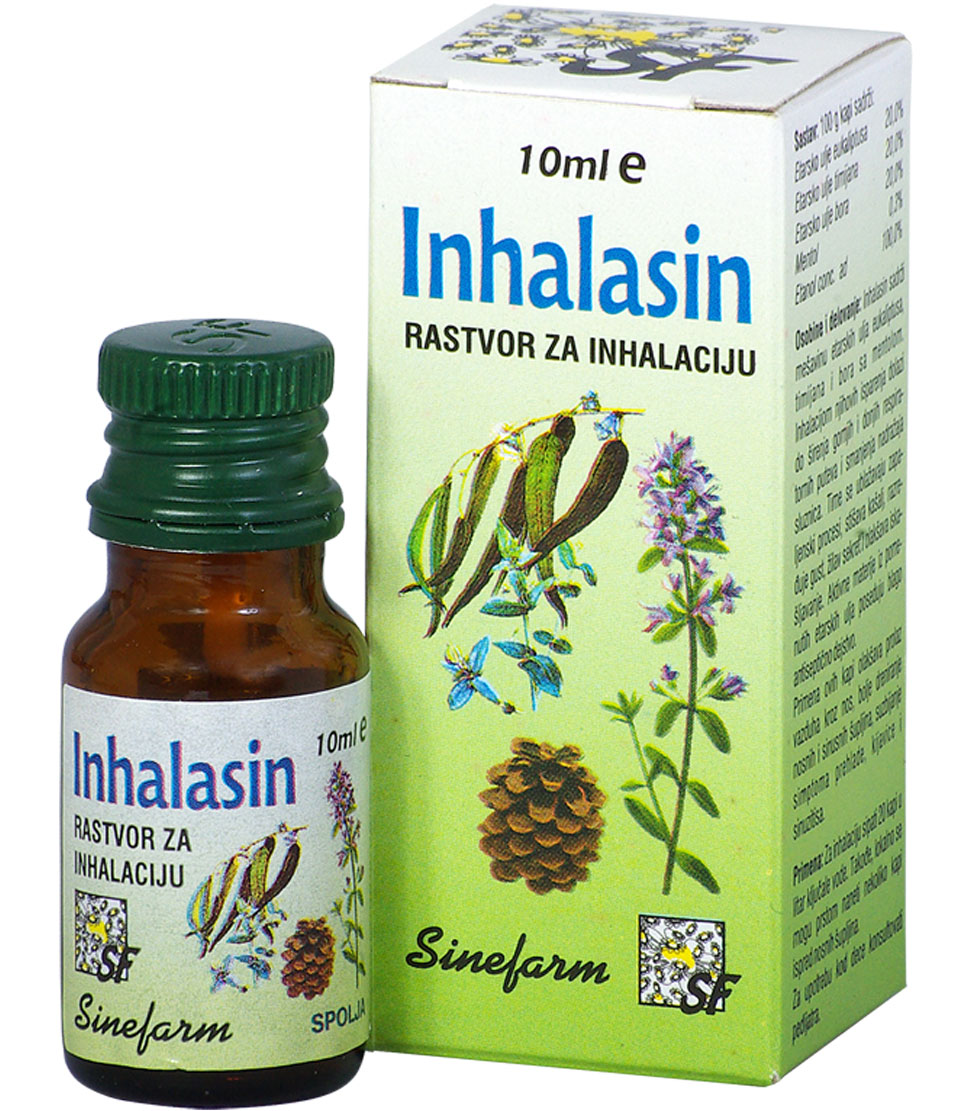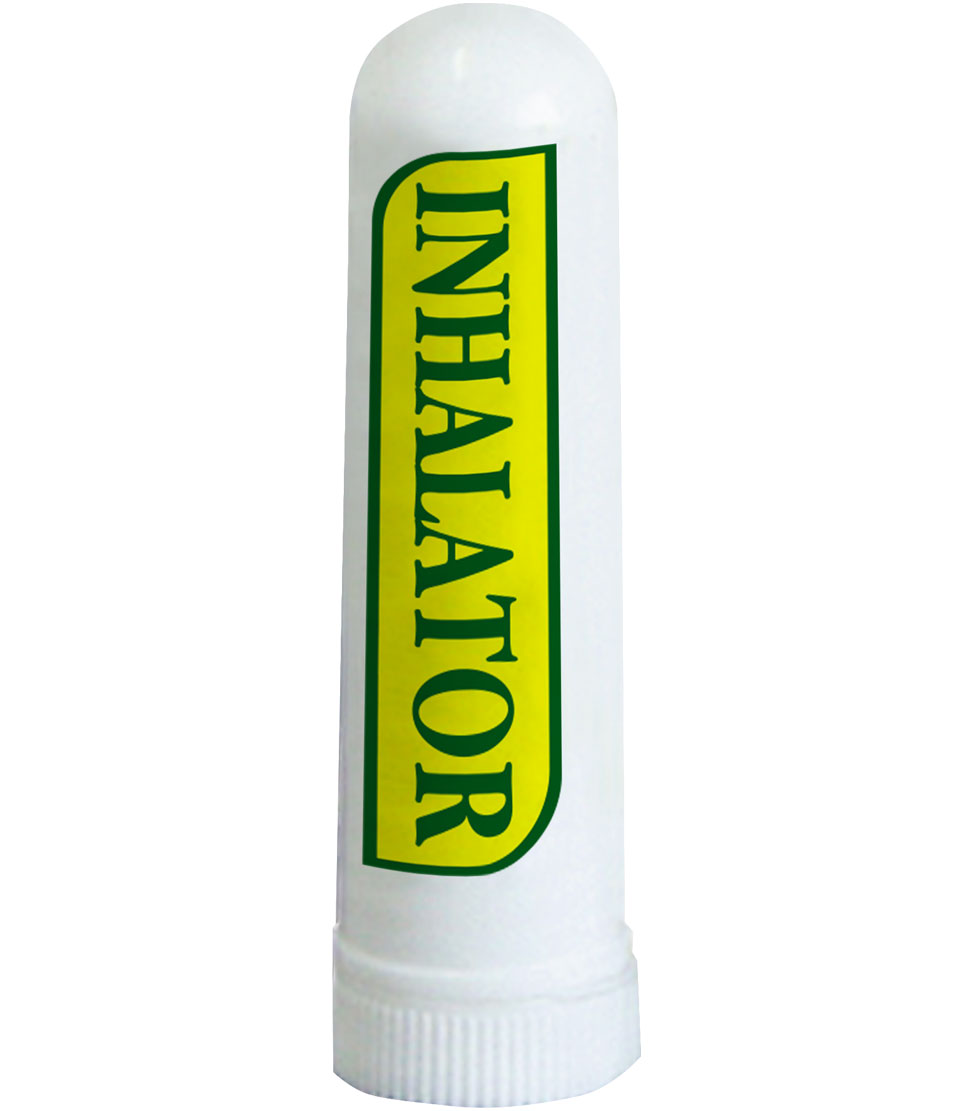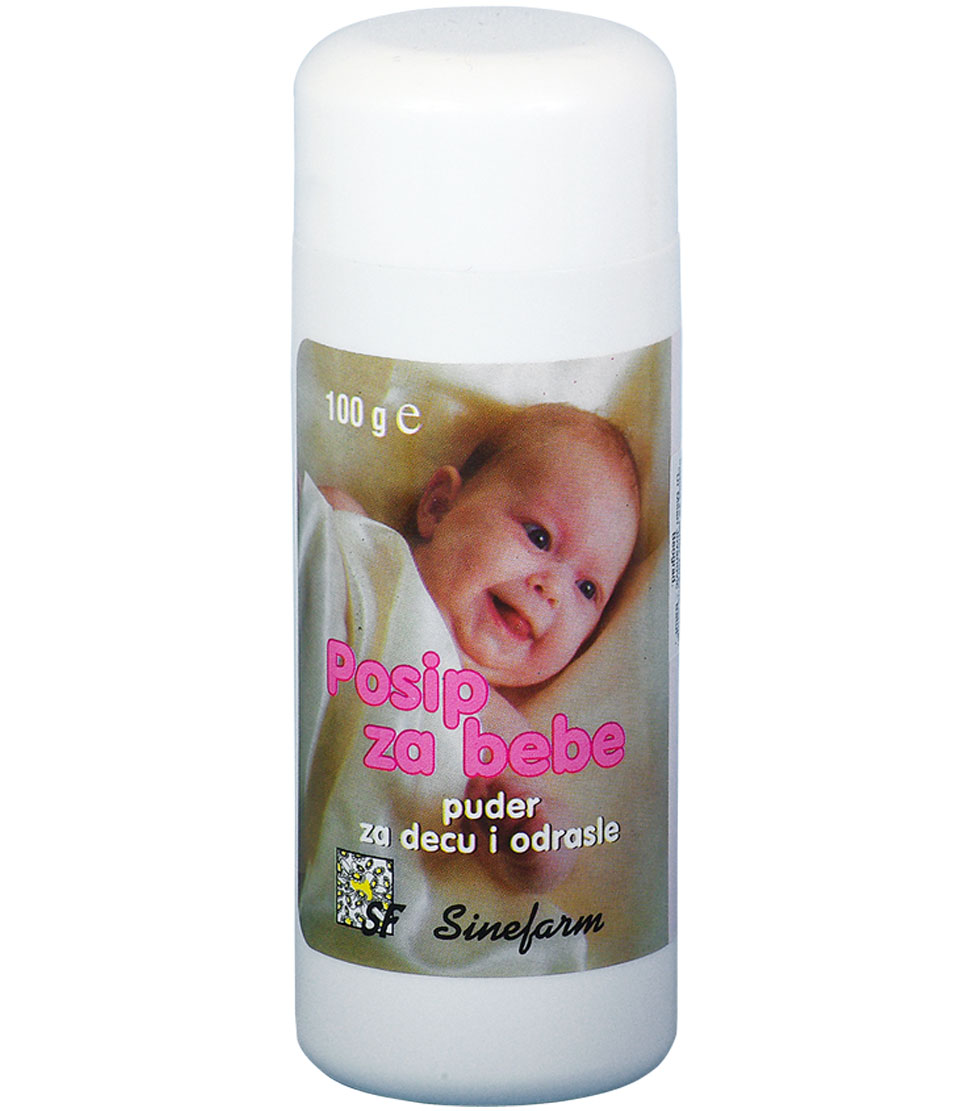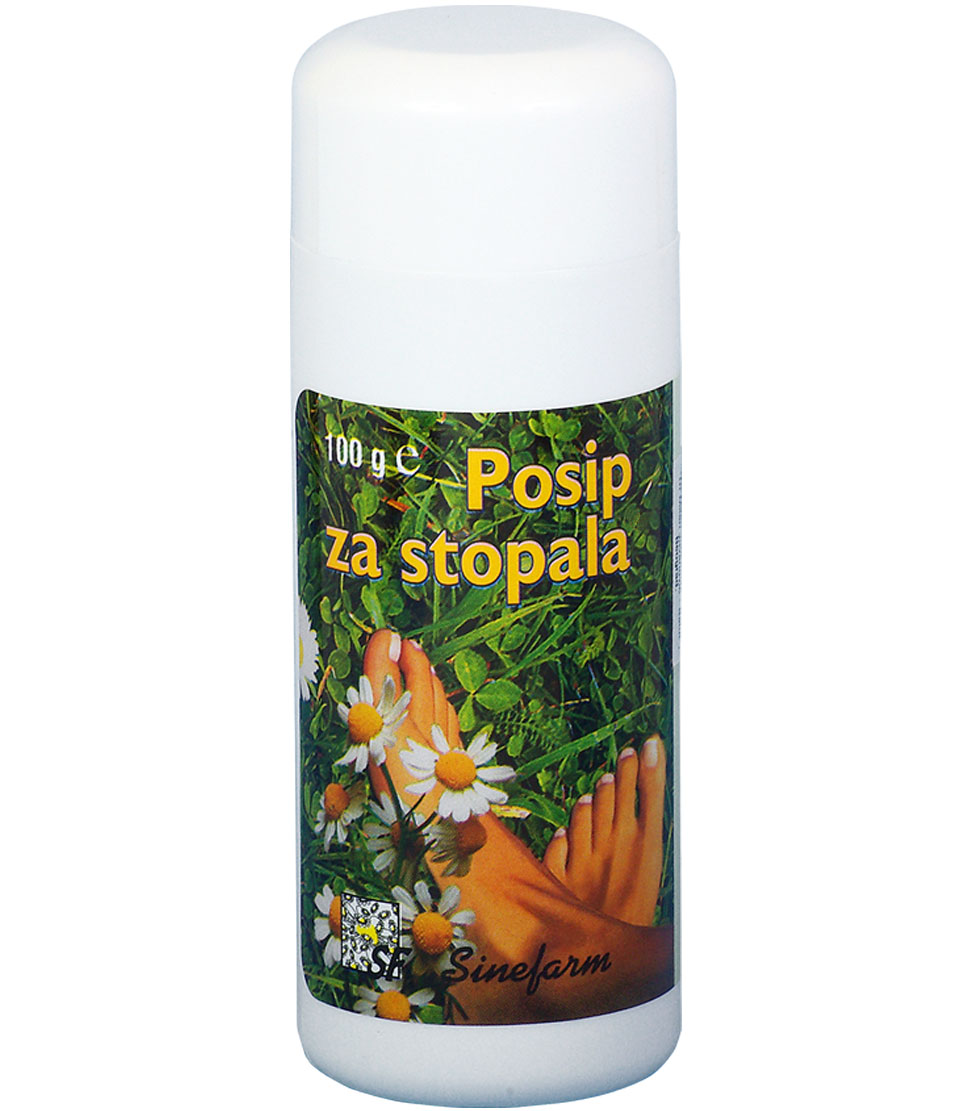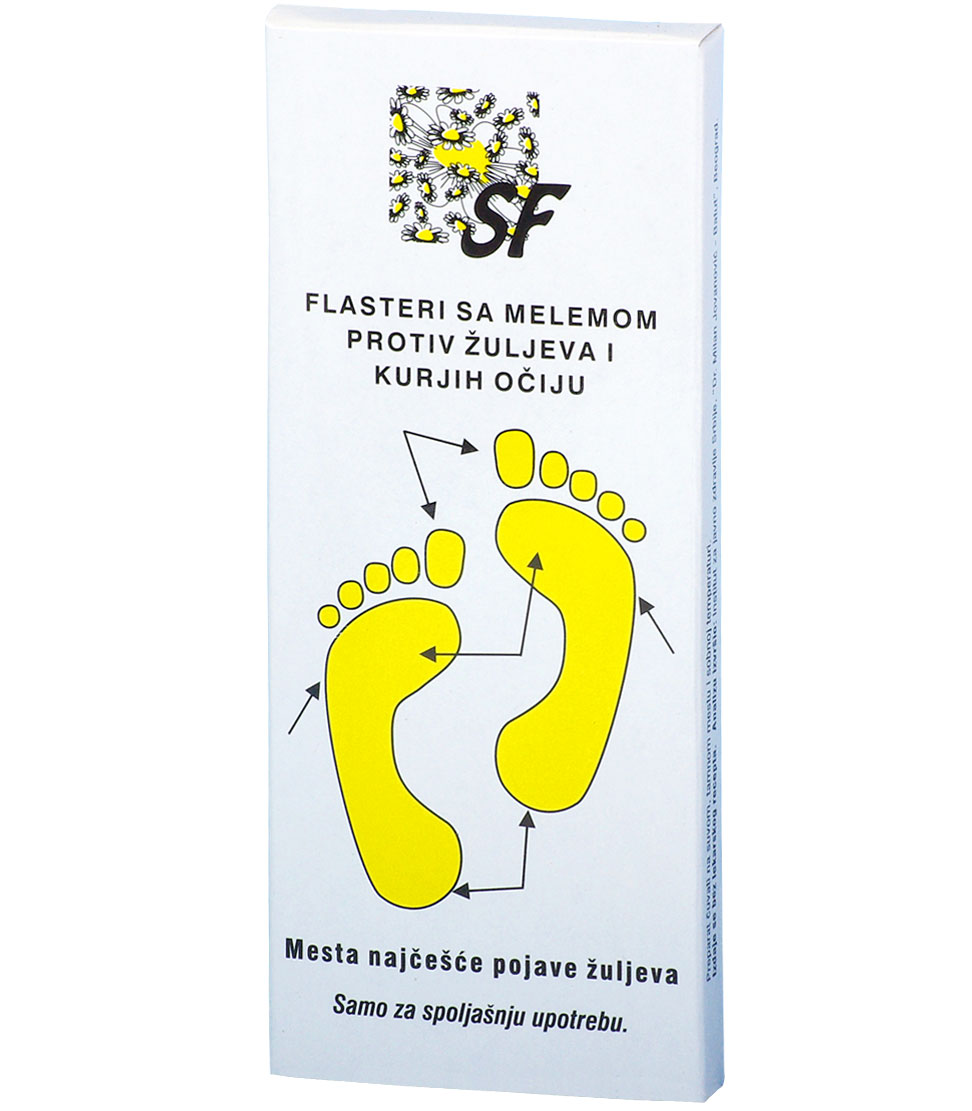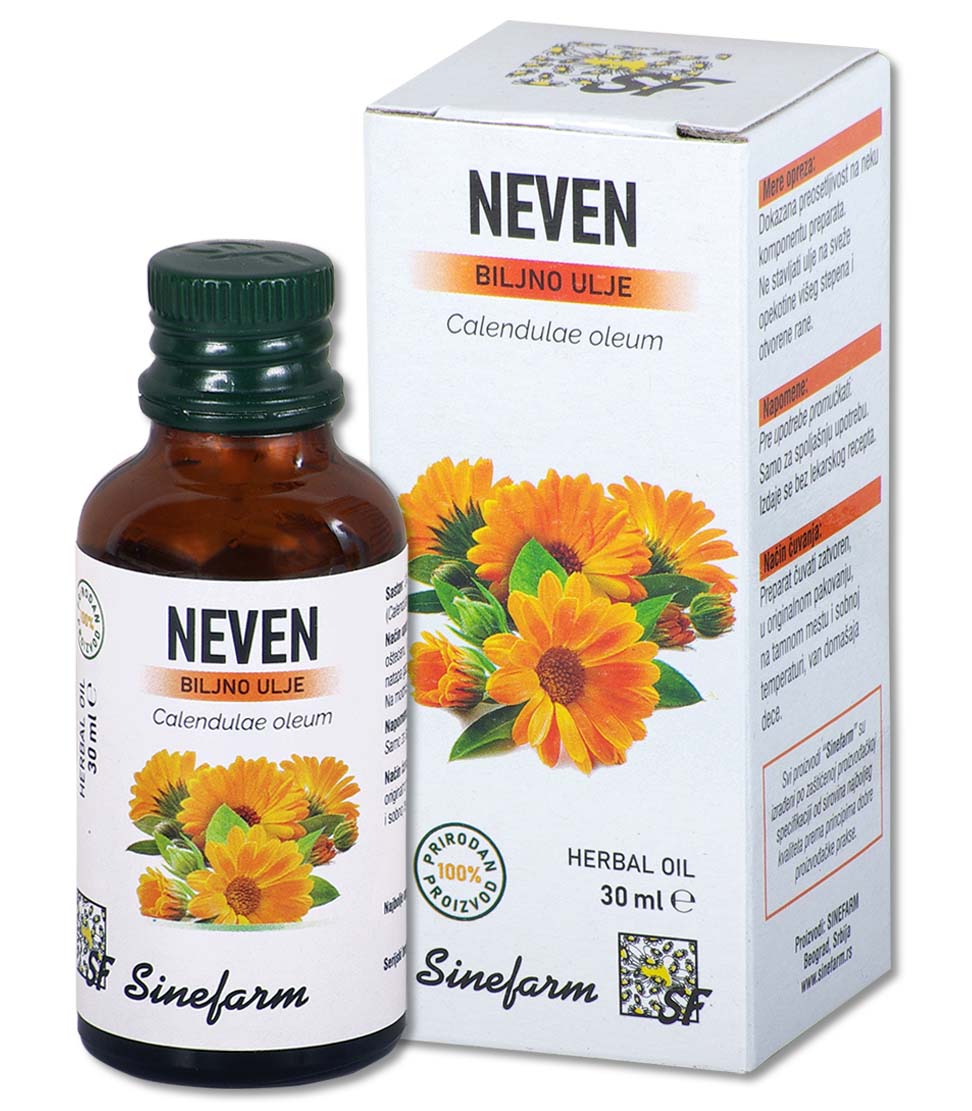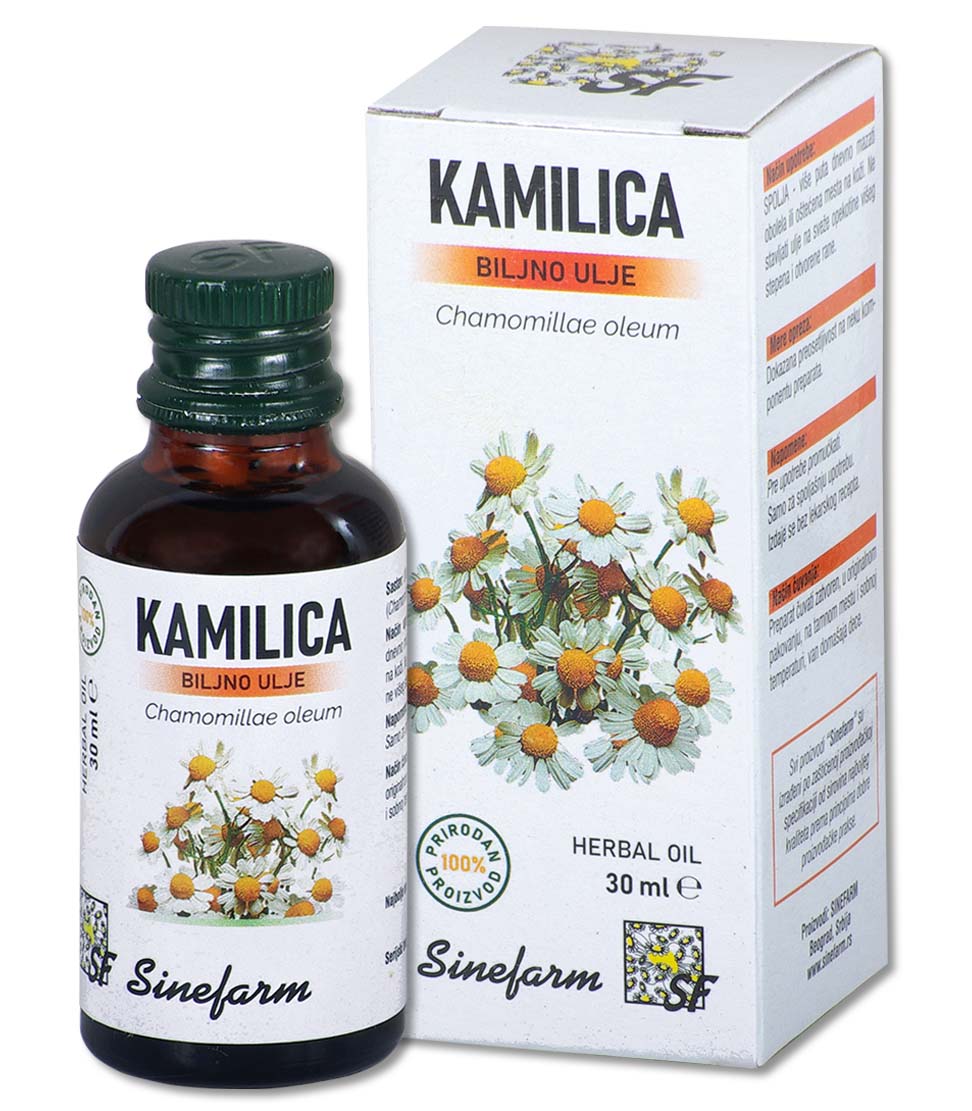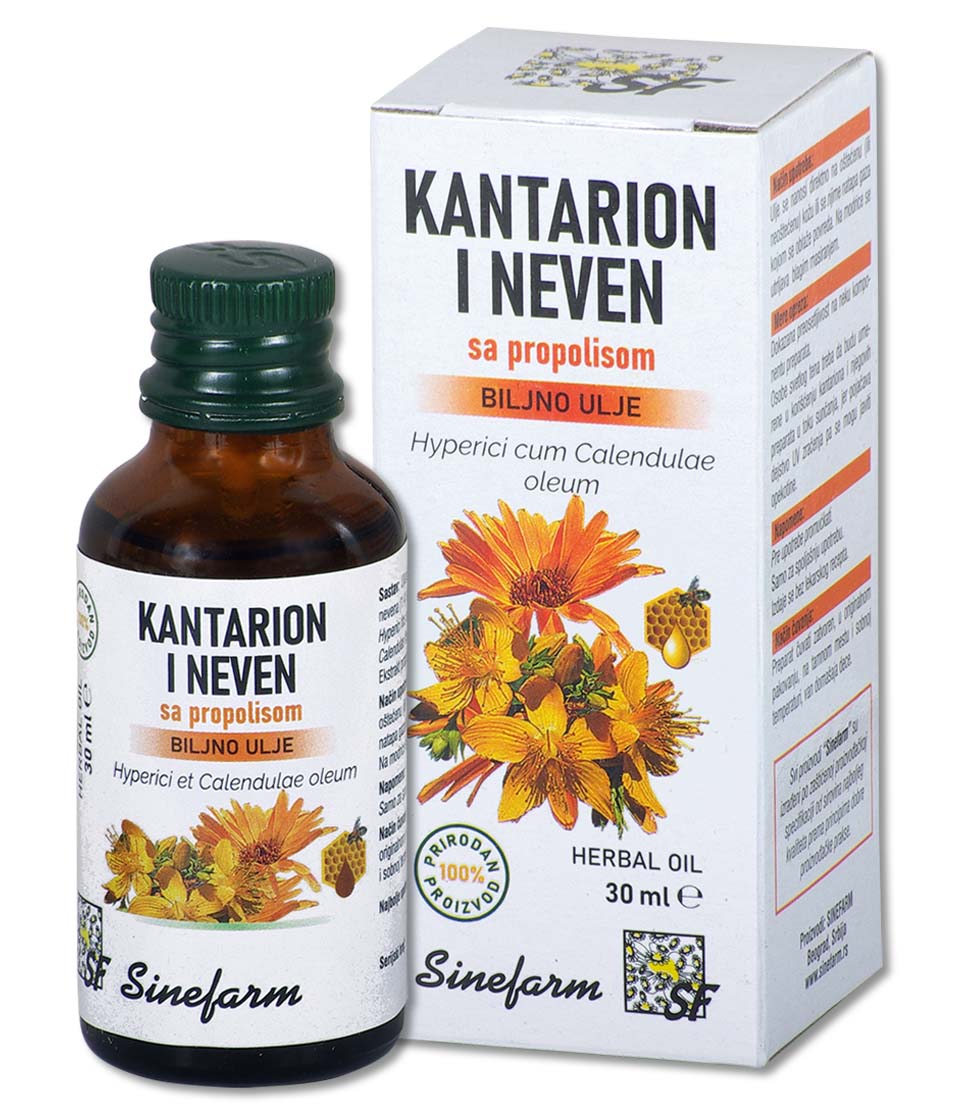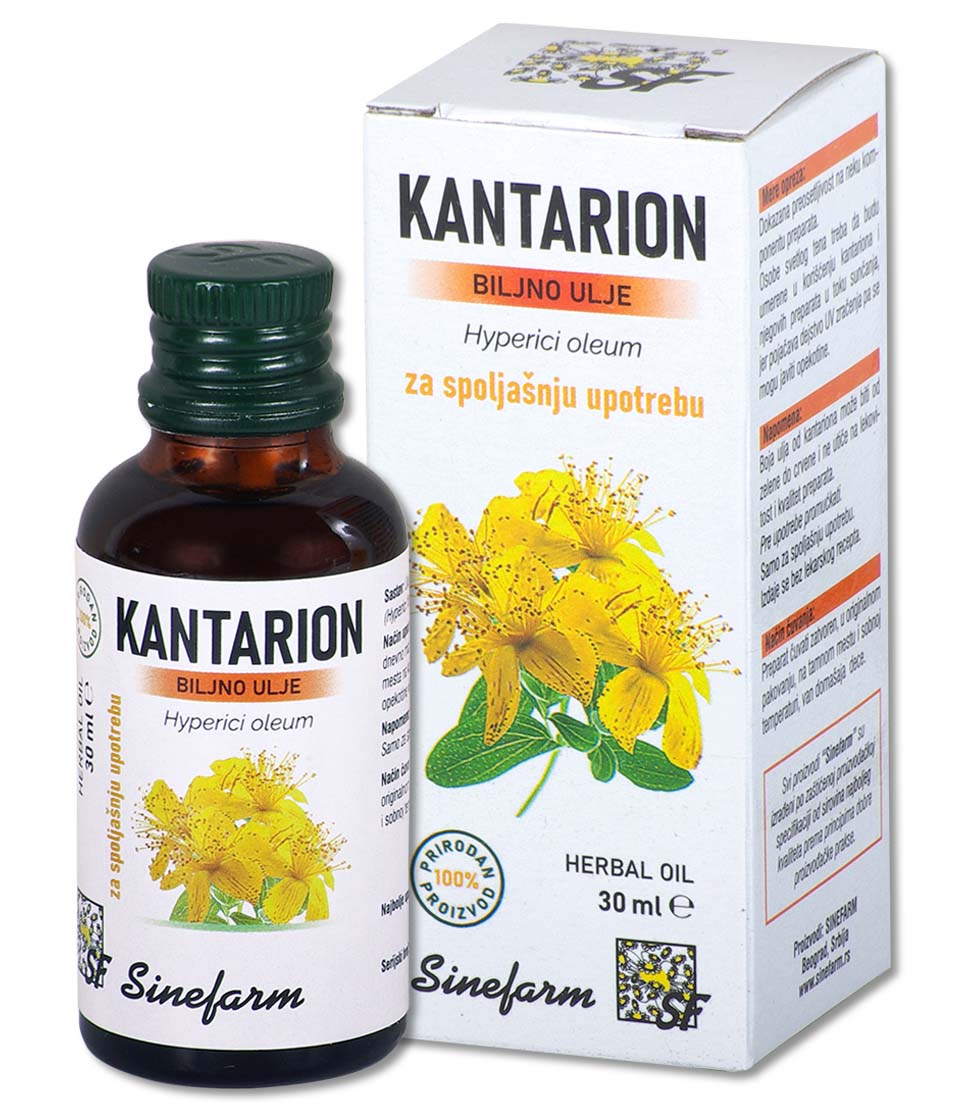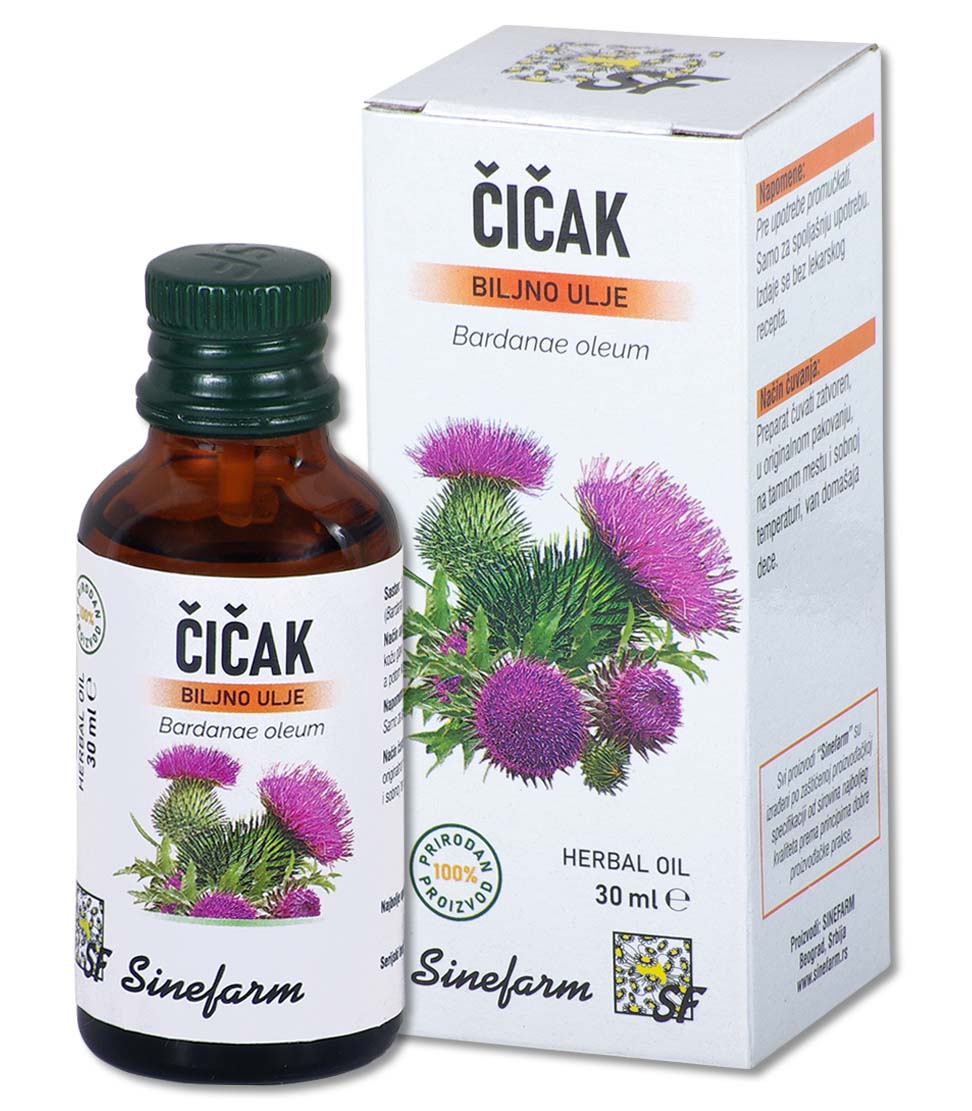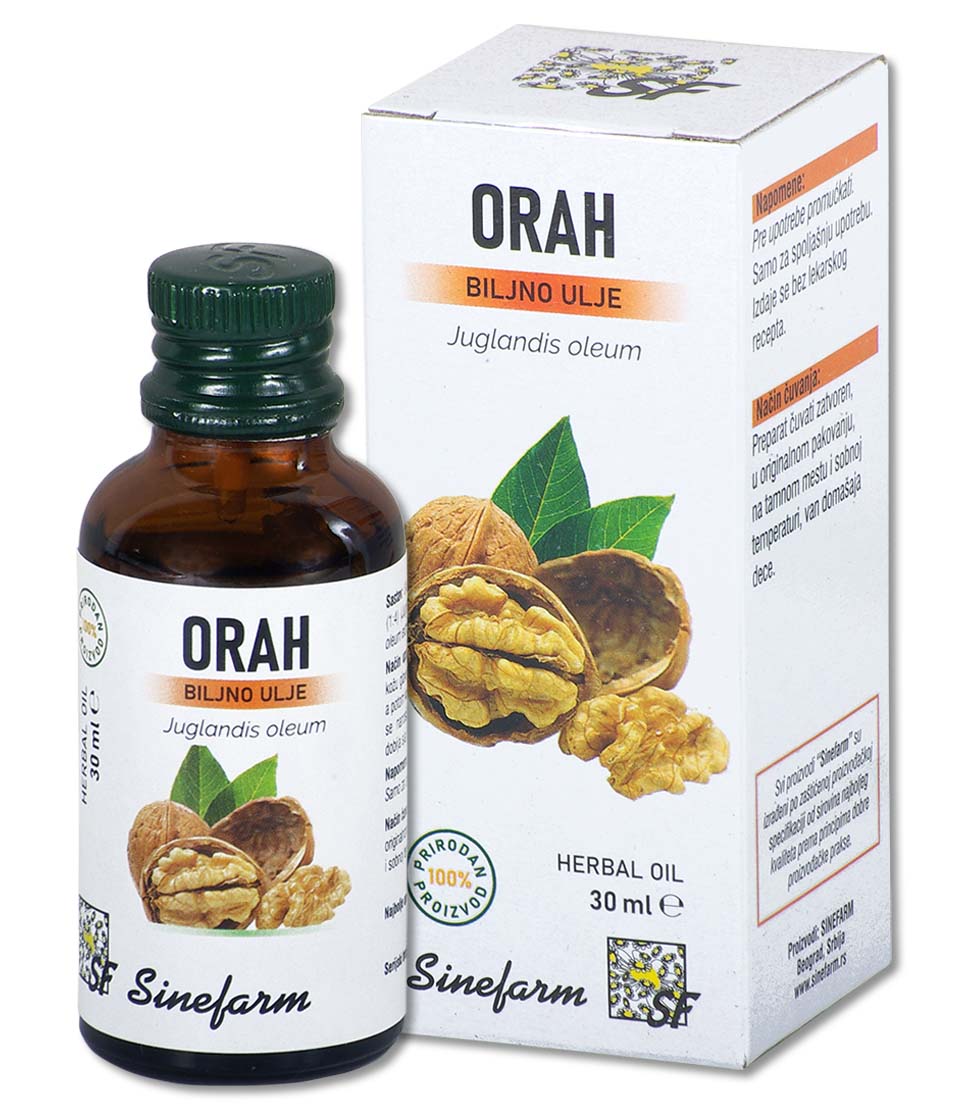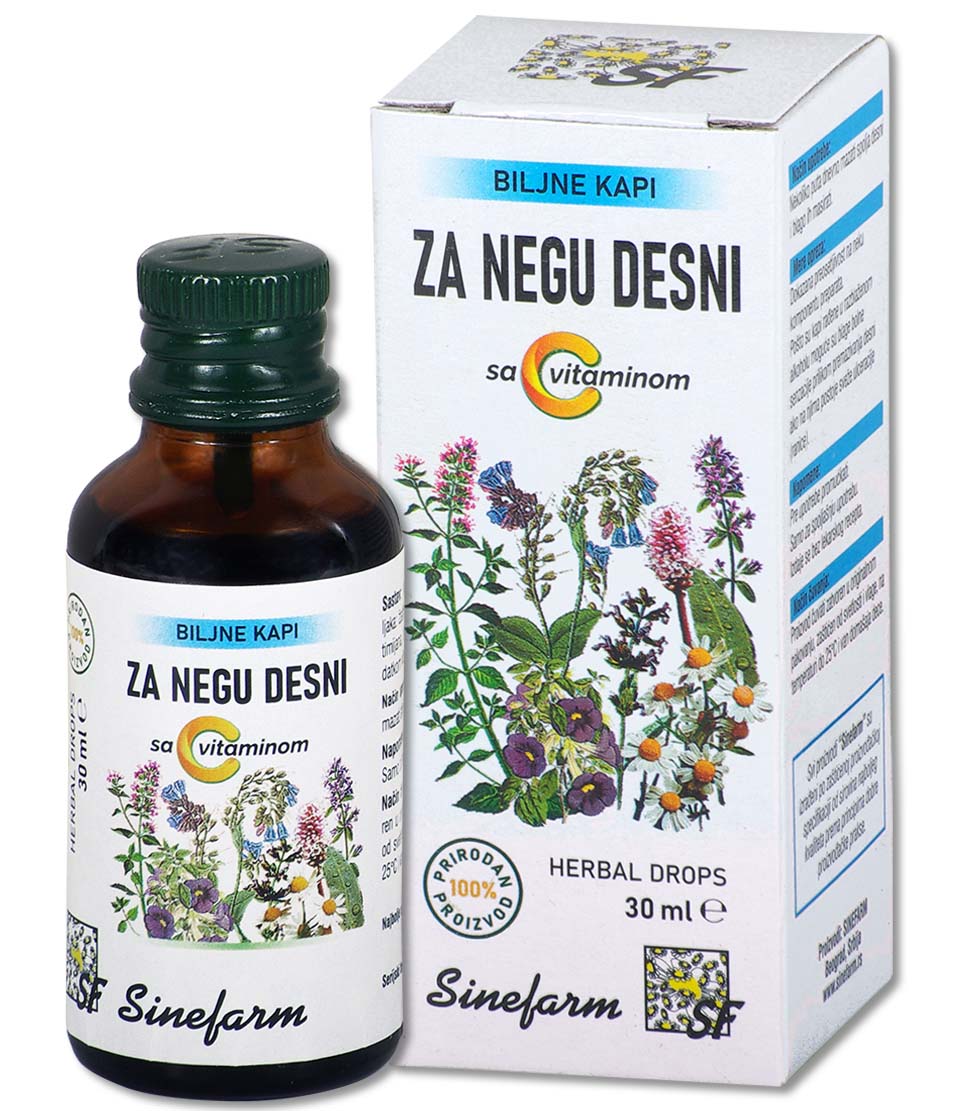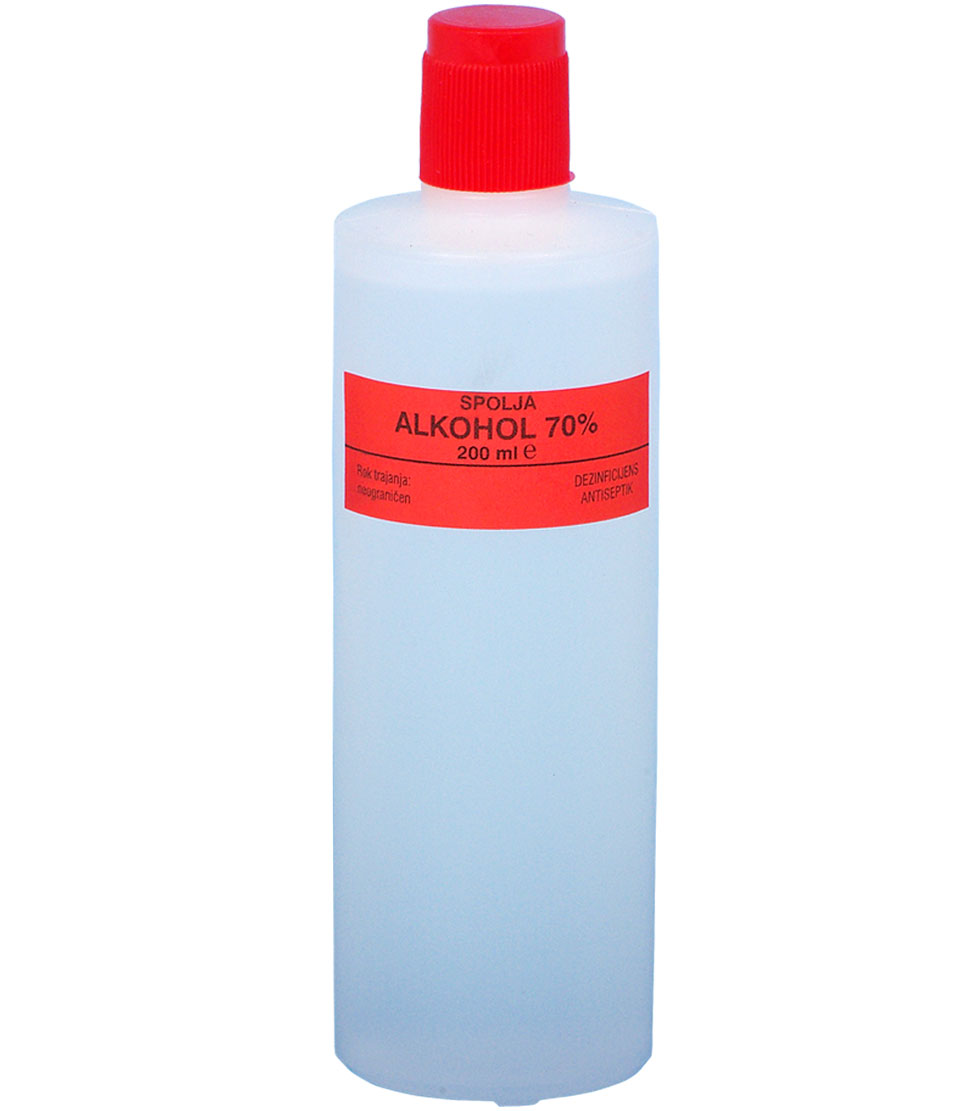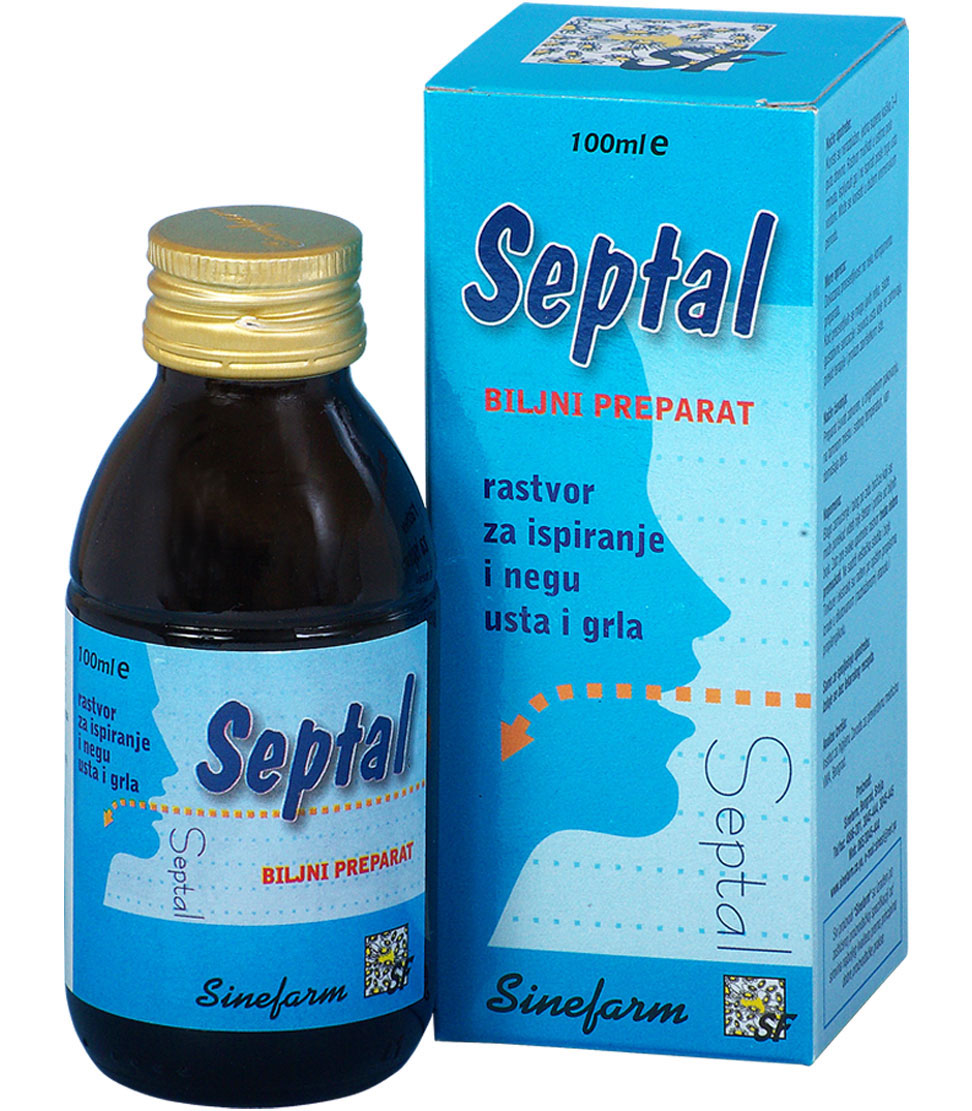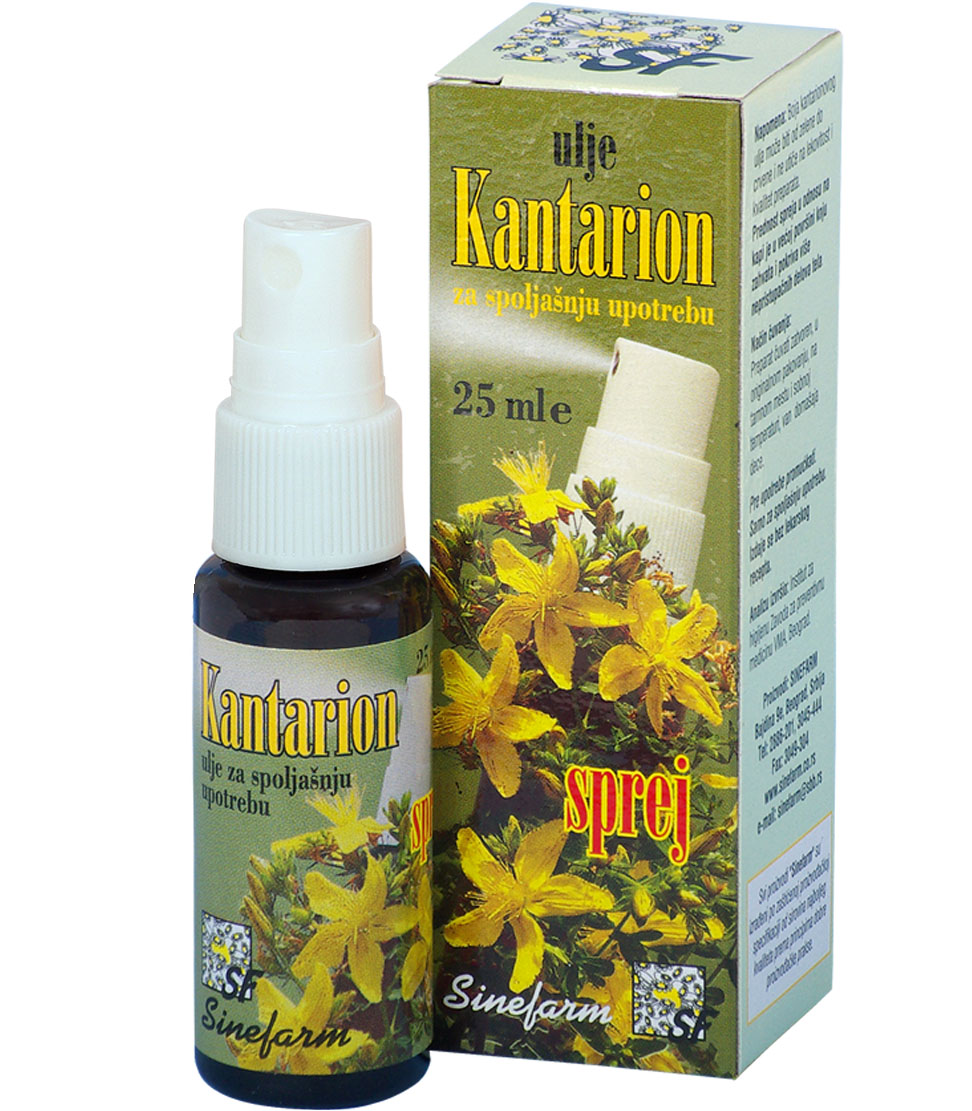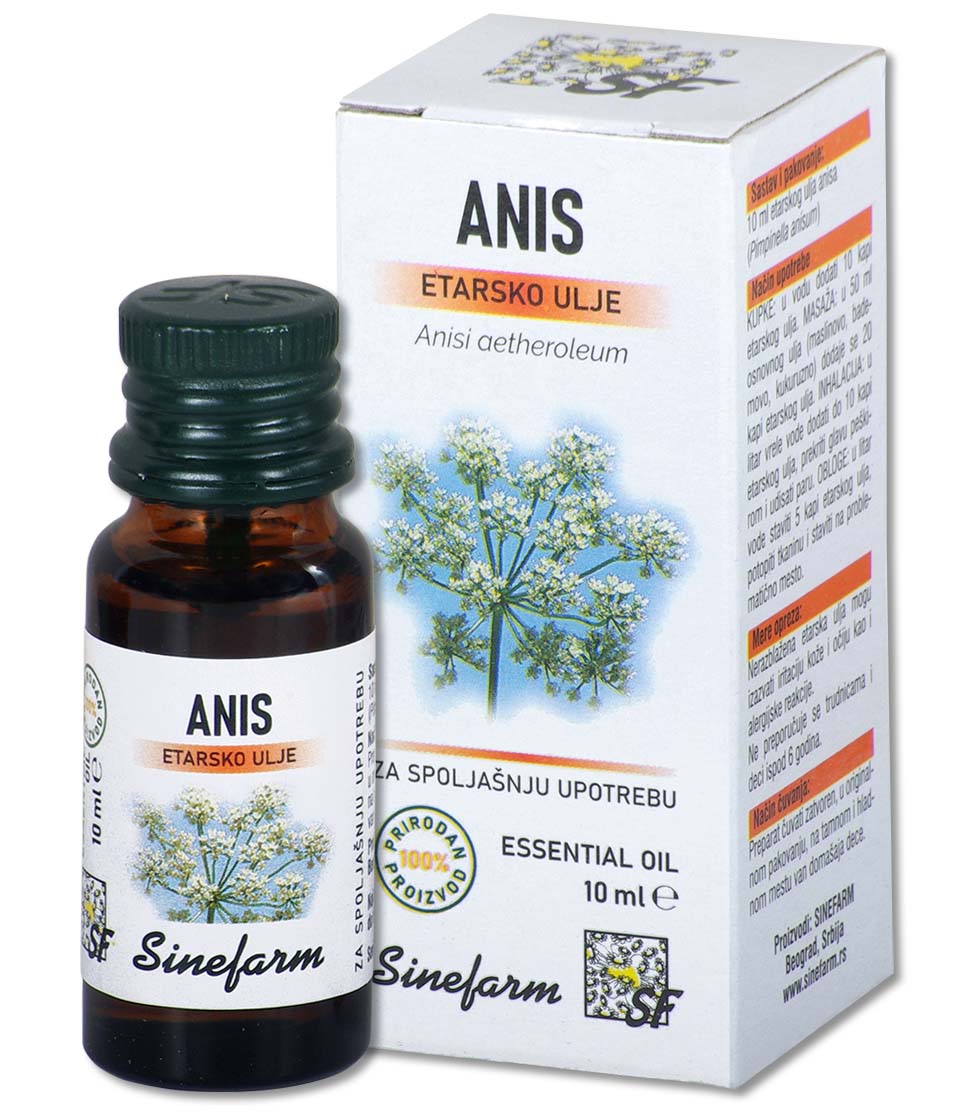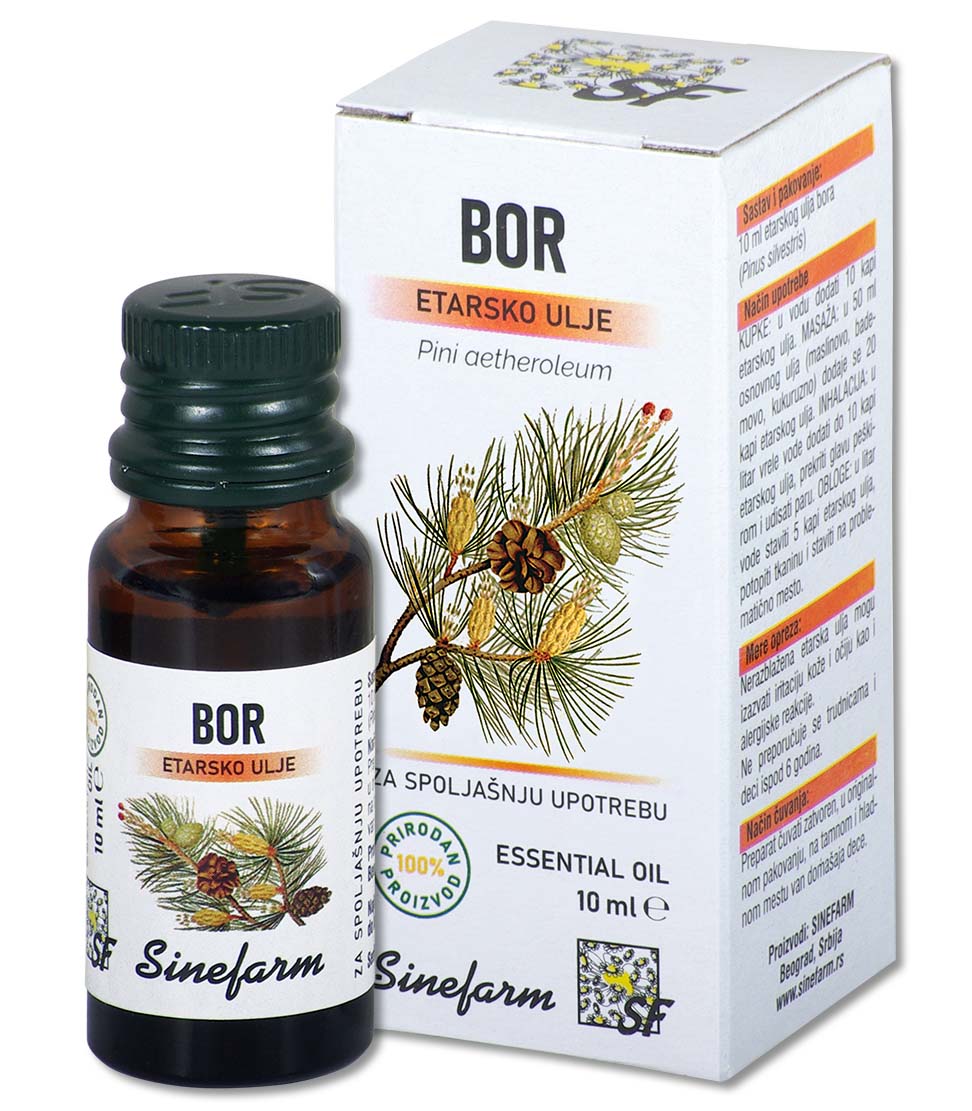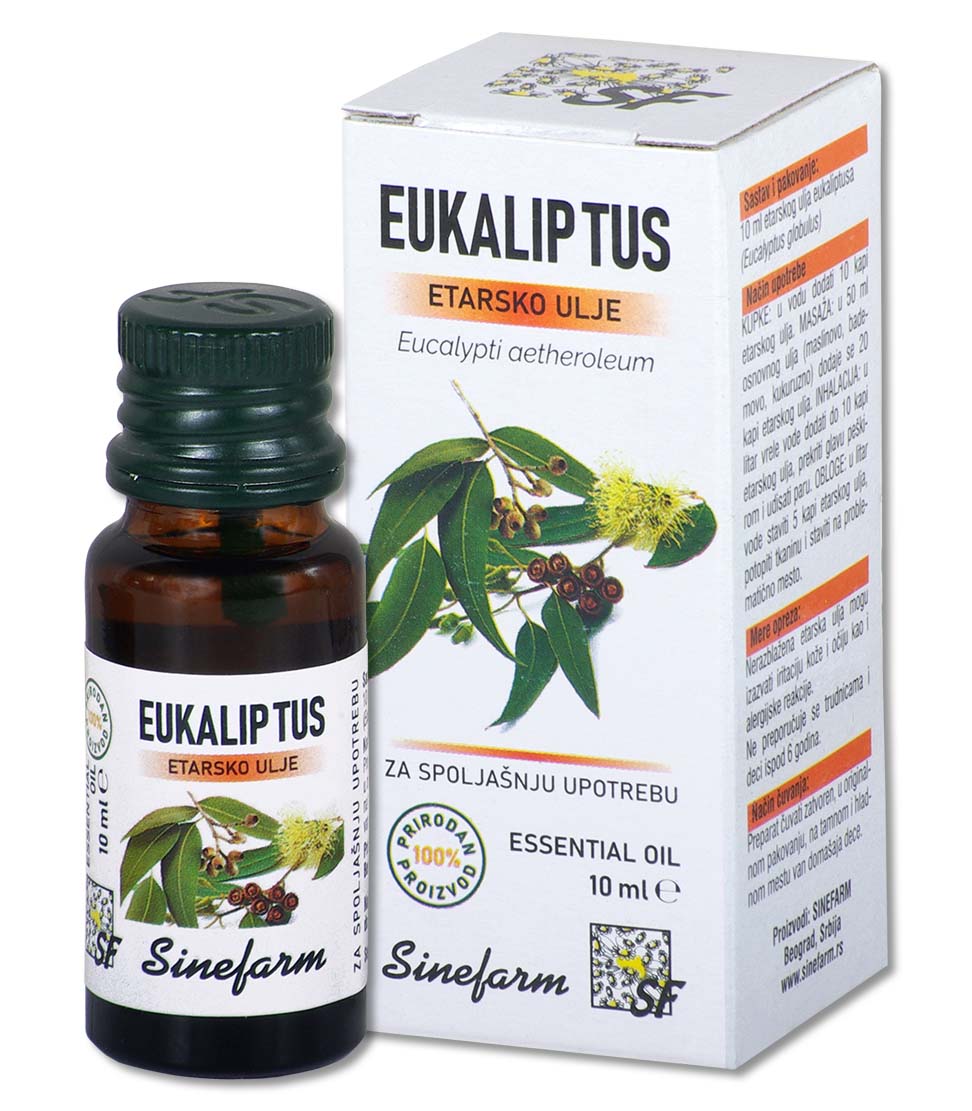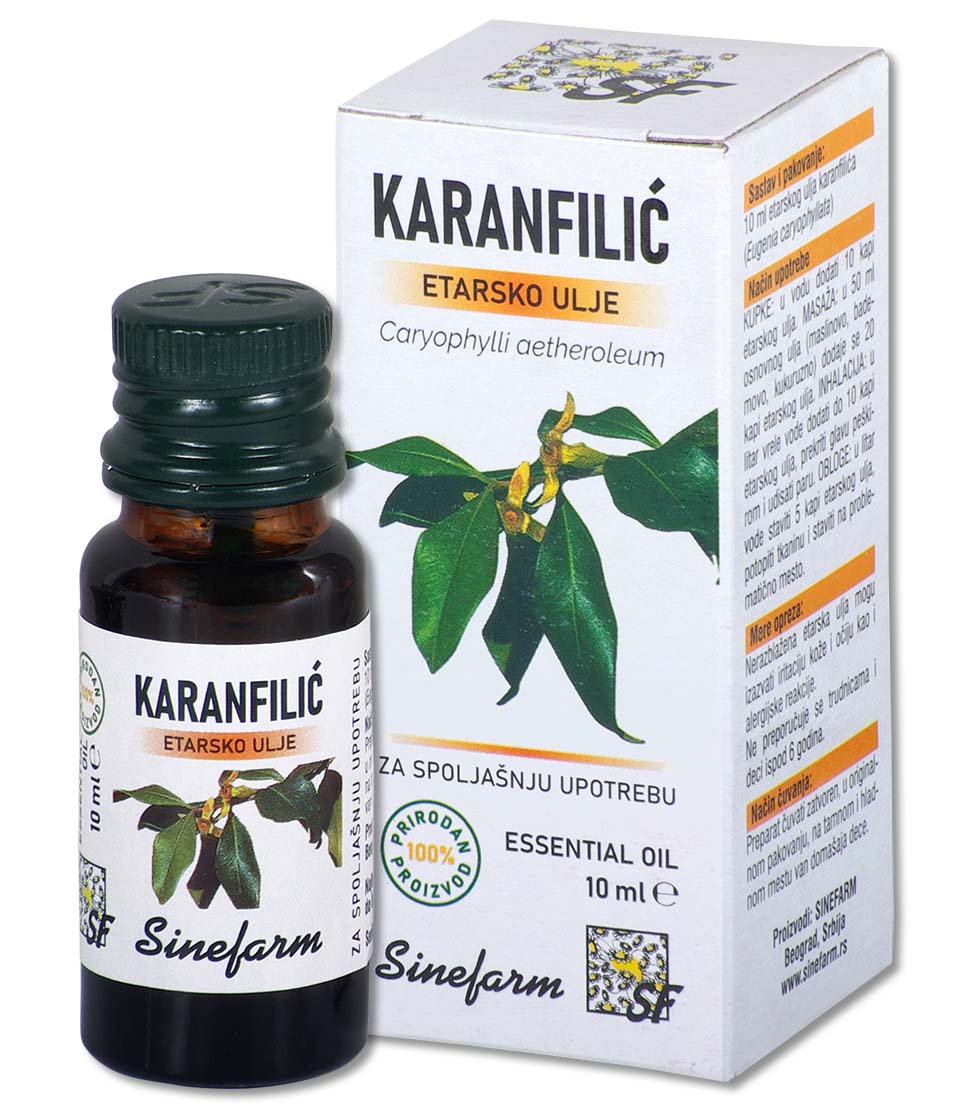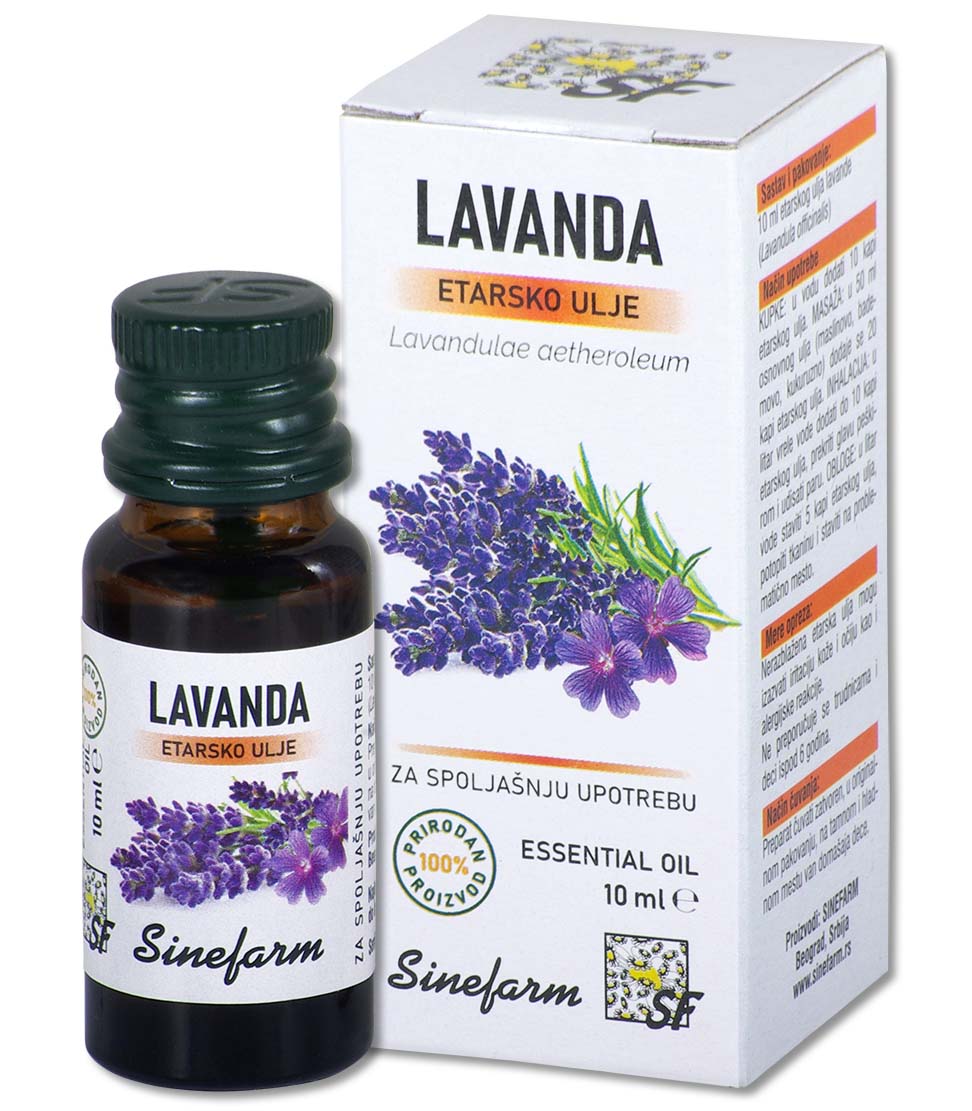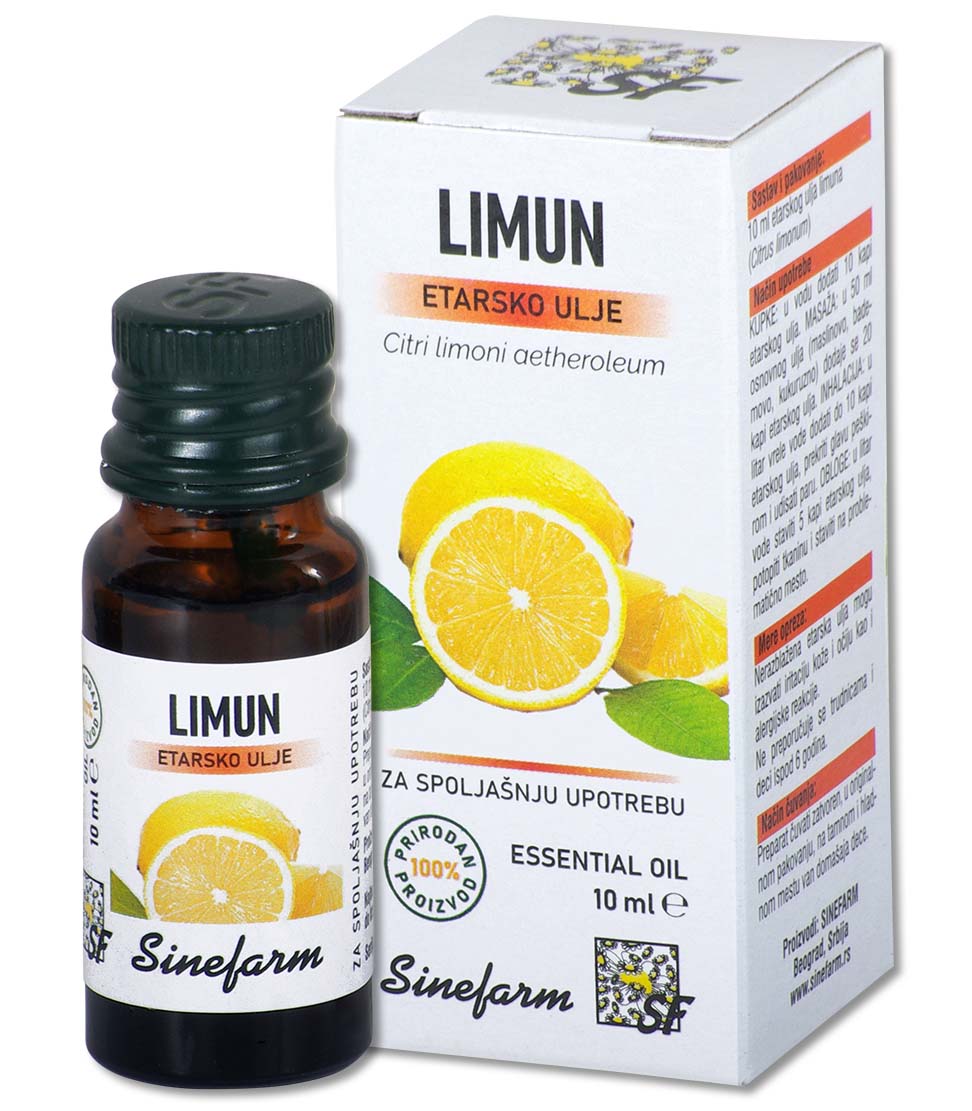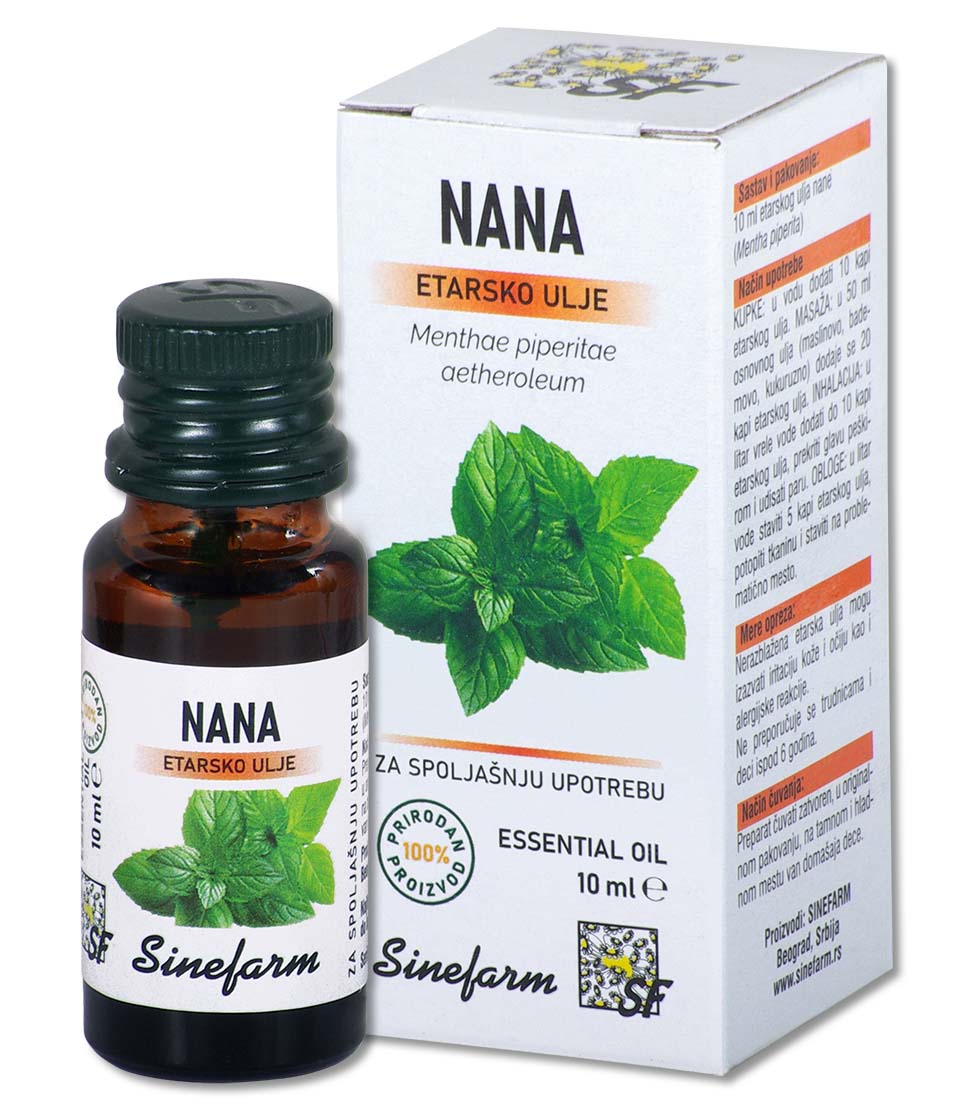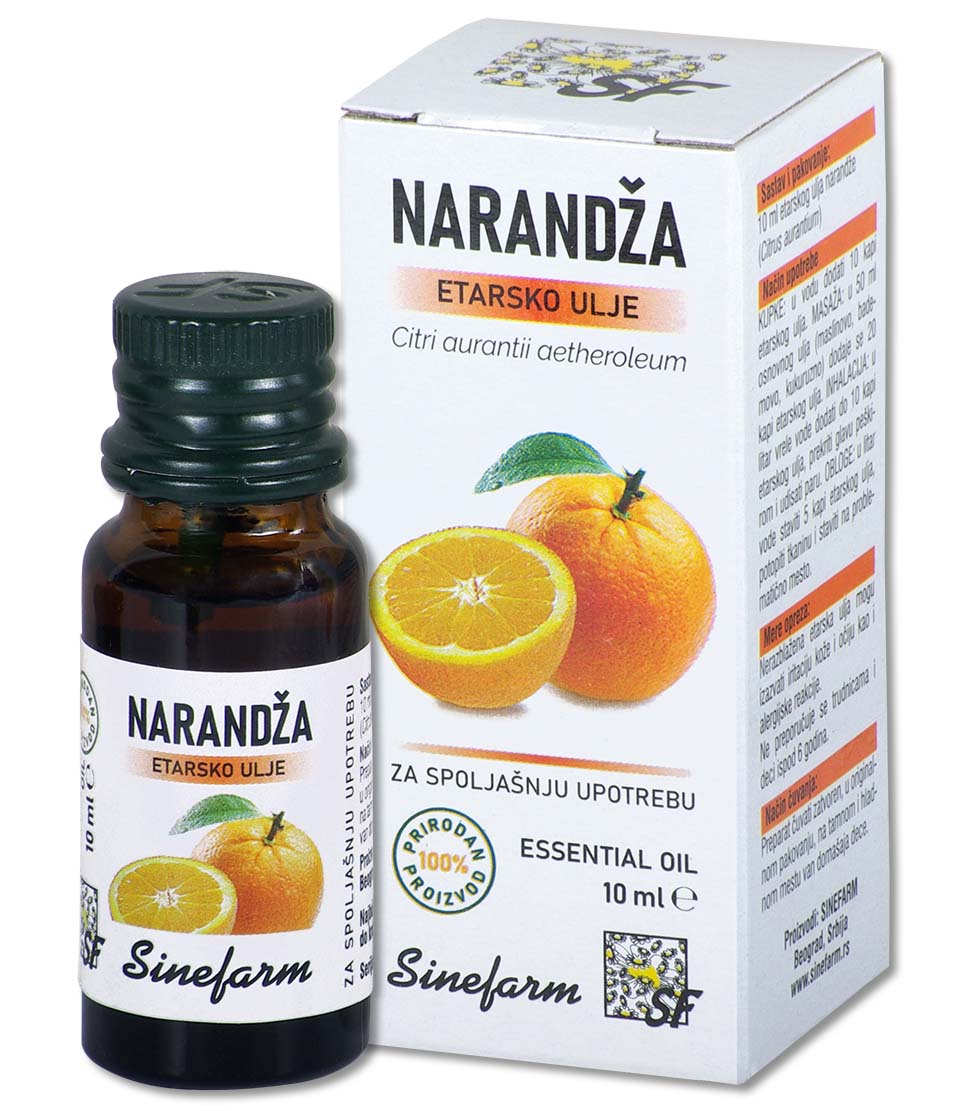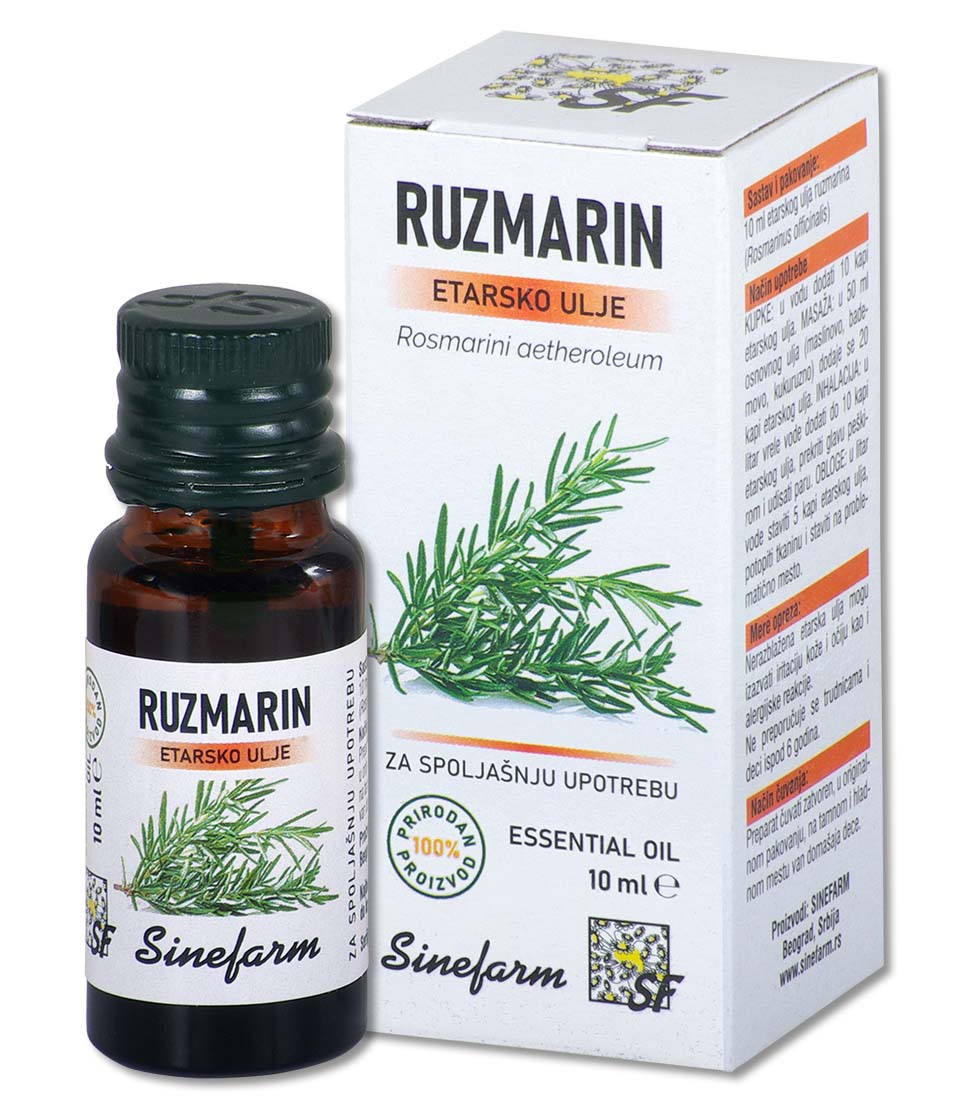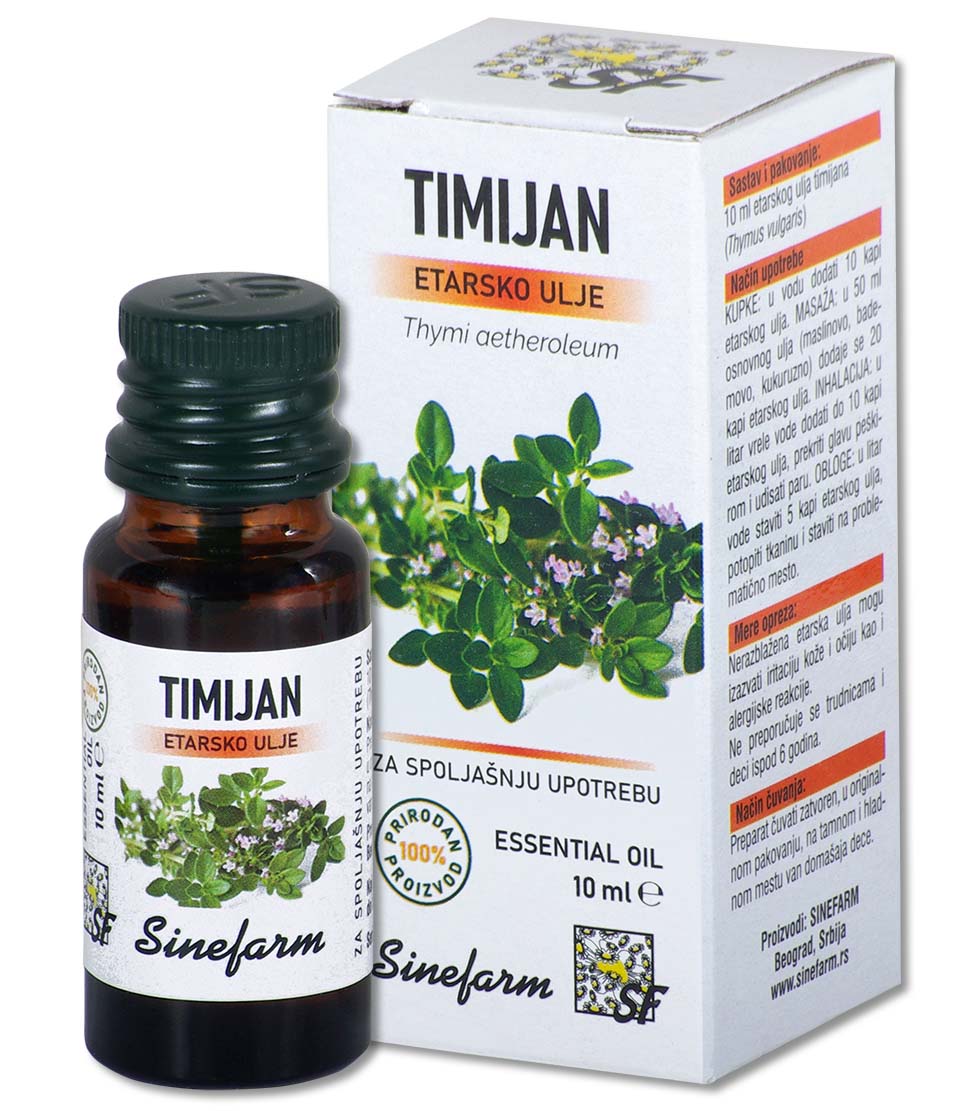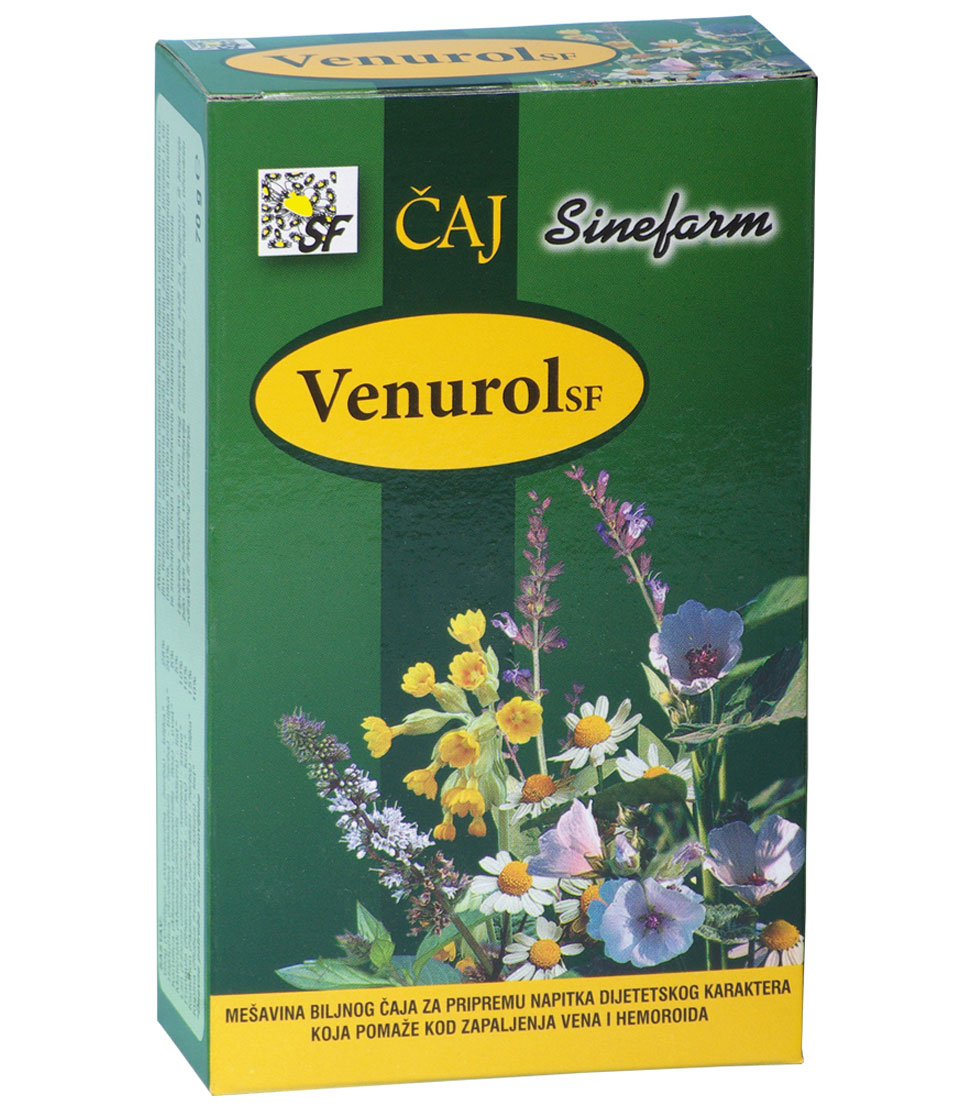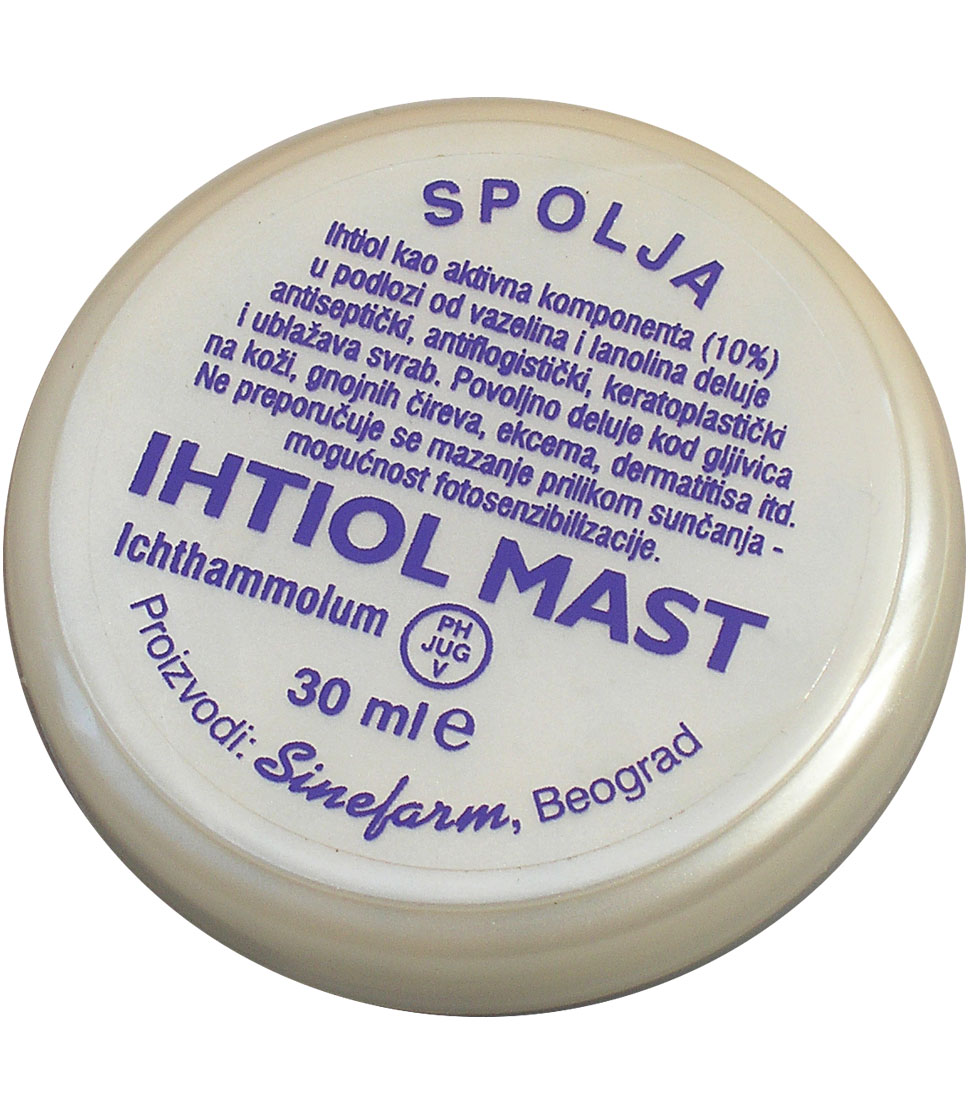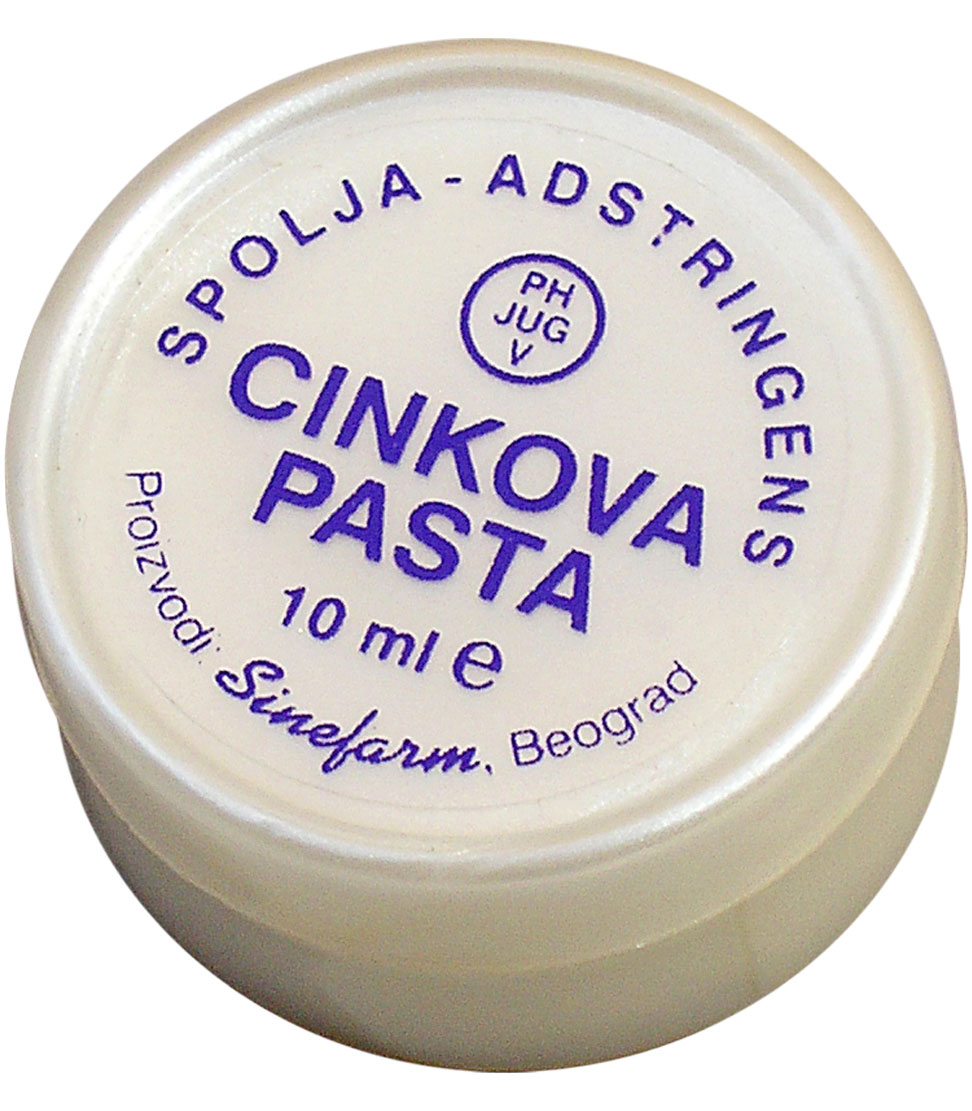HAEMORRHOID ointment with plant extracts,
zinc and vitamins A, D and E
-50 ml-e
HAEMORRHOID ointment with plant extracts,
zinc and vitamins A, D and E
-50 ml-e
Ingredients:
Oily extract of St John’s wort flower, camomile, sweet clover, marigold, wild chestnut seeds, comfrey root, yellow gentian and fresh carrot (1:4), with added zinc oxide and vitamins A, D and E in a suitable base.
Characteristics and effects:
St John’s wort flowers contain dyes: up to 0.4% hypericin, flavonoids, up to 0.3% essential oil with terpenes, and up to 10% tannins. The herb (flower with stem) contains up to 3% hyperforin, a substance with antibiotic effect. St John’s wort has antiseptic, anti-inflammatory, sedative, analgesic and epithelializing effects and is traditionally used for burns and healing wounds, ulcers and hemorrhoids. Nourishes and protects sensitive skin prone to allergies. Helps remove bruises.
Marigold is an antiphlogistic, epithelial and antimicrobial. It is most often used externally for healing wounds and rapid epithelialization of damaged tissue. It helps with purulent inflammation of the skin, for dressing wounds, varicose veins and dermatitis of various etiologies.
Marigold oil extract has an anti-inflammatory effect by inhibiting leukocyte infiltration and inflammatory processes and helps granulation and epithelialization of tissues.
The antiphlogistic effect is probably related to the presence of prostaglandin type E-1.
Fresh carrot oil extract as a natural source of vitamins A, D and E, which are in sufficient quantity to accelerate the revitalization of the damaged epithelium of the mucous membrane or skin and prevent bacterial and fungal infections.
Camomile – active substances of camomile extract (chamazulene, bisabolol, matricin) exhibit antiphlogistic, ulcer-protective, antiseptic, bactericidal and fungicidal action.
Sweet clover is an anticoagulant and is used in chronic venous insufficiency (manifested as pain and heaviness in the legs with night cramps, itching and swelling), hemorrhoids (especially those that bleed), inflamed lymph nodes and similar conditions where blood vessel disorders and bleeding must be repaired.
Due to its high content of escin (triterpene saponin), wild chestnut seed extract is mostly used for thrombophlebitis, varicose veins, hemorrhoids and to increase vein tonus. It is often used as an ointment in the postoperative treatment of venous insufficiency.
Comfrey root is an astringent and hemostyptic, and helps heal wounds and cell metabolism. This is why it is used for hemorrhoids, especially inflamed and bleeding ones, then hematomas, and because of the content of allantoin it helps faster epithelialization and tissue granulation.
The active substances from the oily extracts of these plants increase the resistance of the walls of blood vessels, reduce their permeability and thus bleeding, eliminate swelling, pain and itching in the anorectal area (hemorrhoids, cracks and fissures of the anus and surrounding skin).
The addition of zinc oxide as an astringent and hemostatic increases the efficiency in the treatment of these conditions and reduces the accompanying symptoms.
Instructions for use:
Apply the ointment several times a day on the previously well-washed affected area and rub lightly.
Safety precautions:
Proven hypersensitivity to any component of the preparation.
Best before: See the packaging.
How to store: Keep closed, in the original packaging, in a dark and cool place, at temperatures up to 12°C.
N.B.
For external use only.
In case of prolonged disorders, especially bleeding from the anorectal area, consult your physician.
Availability: May be sold without a doctor’s prescription.
Manufactured by: Sinefarm, Belgrade, Serbia www.sinefarm.rs

